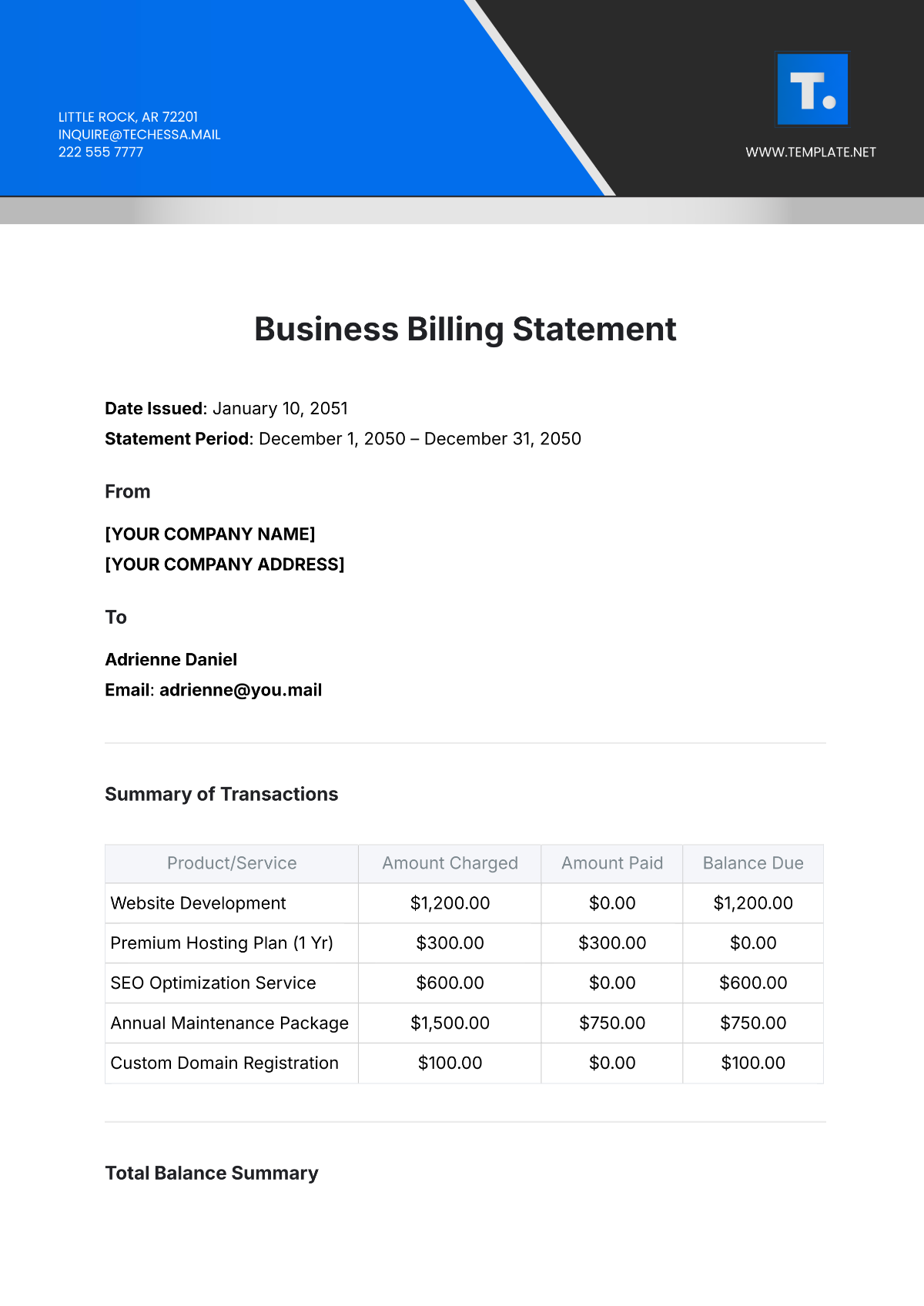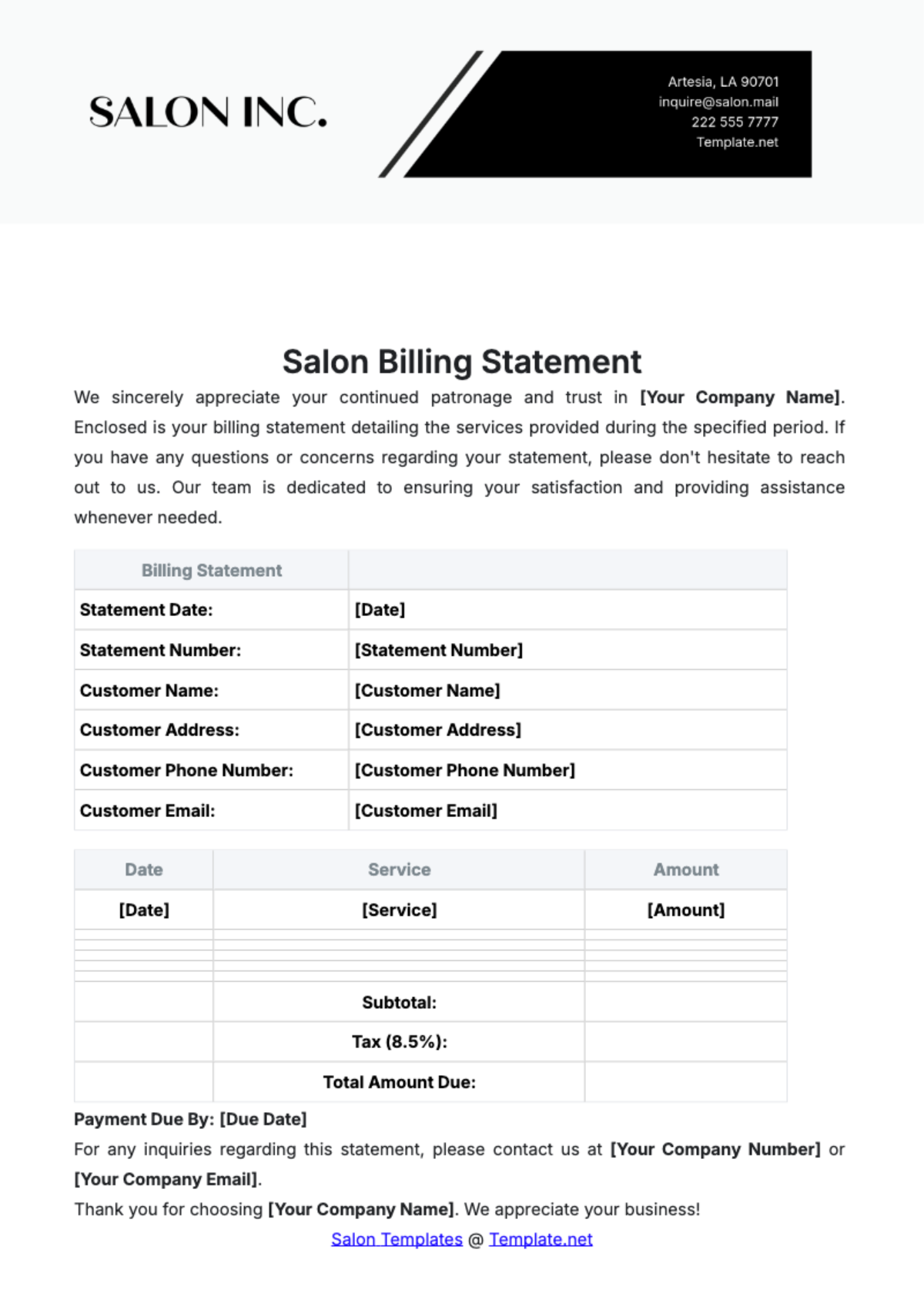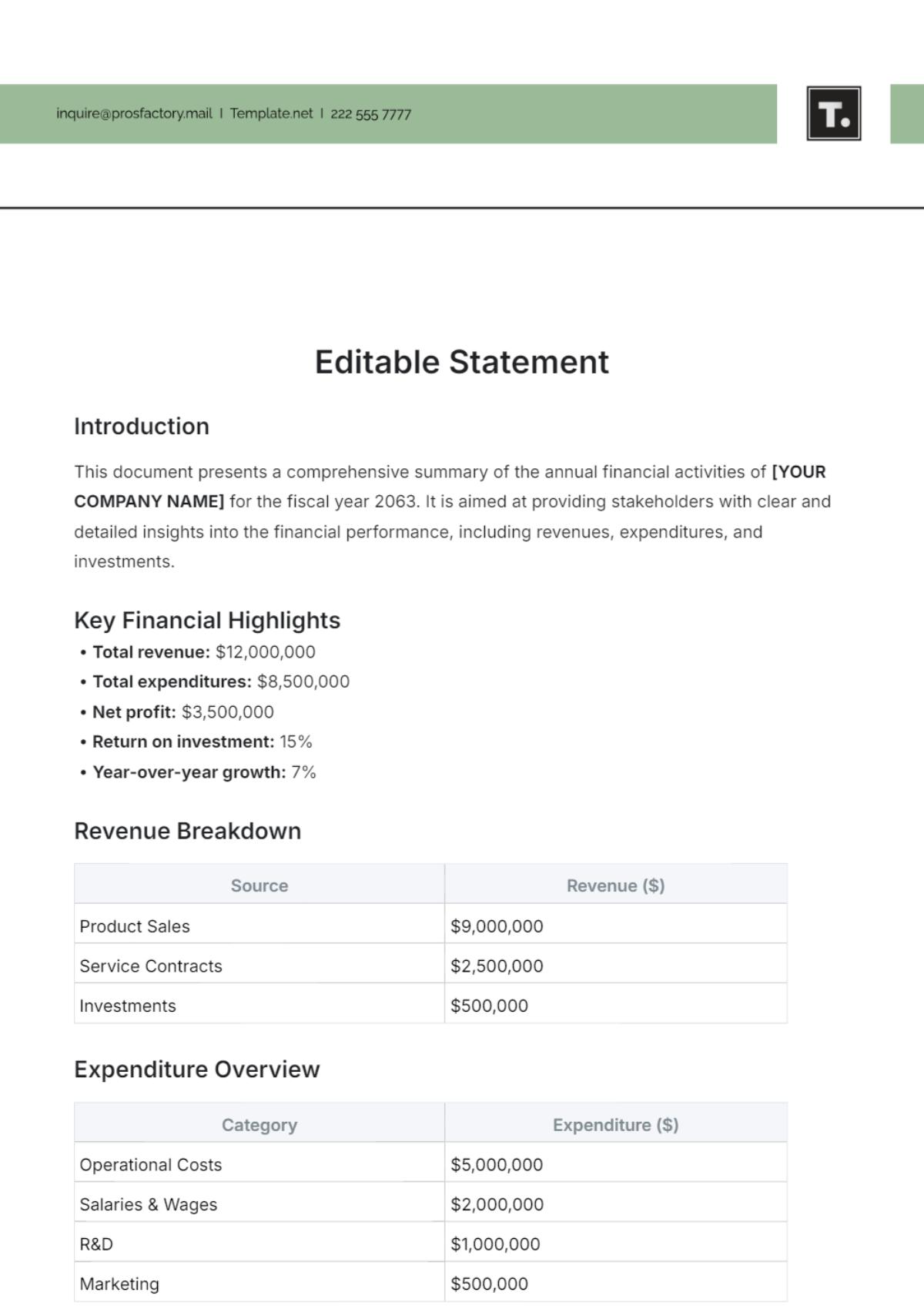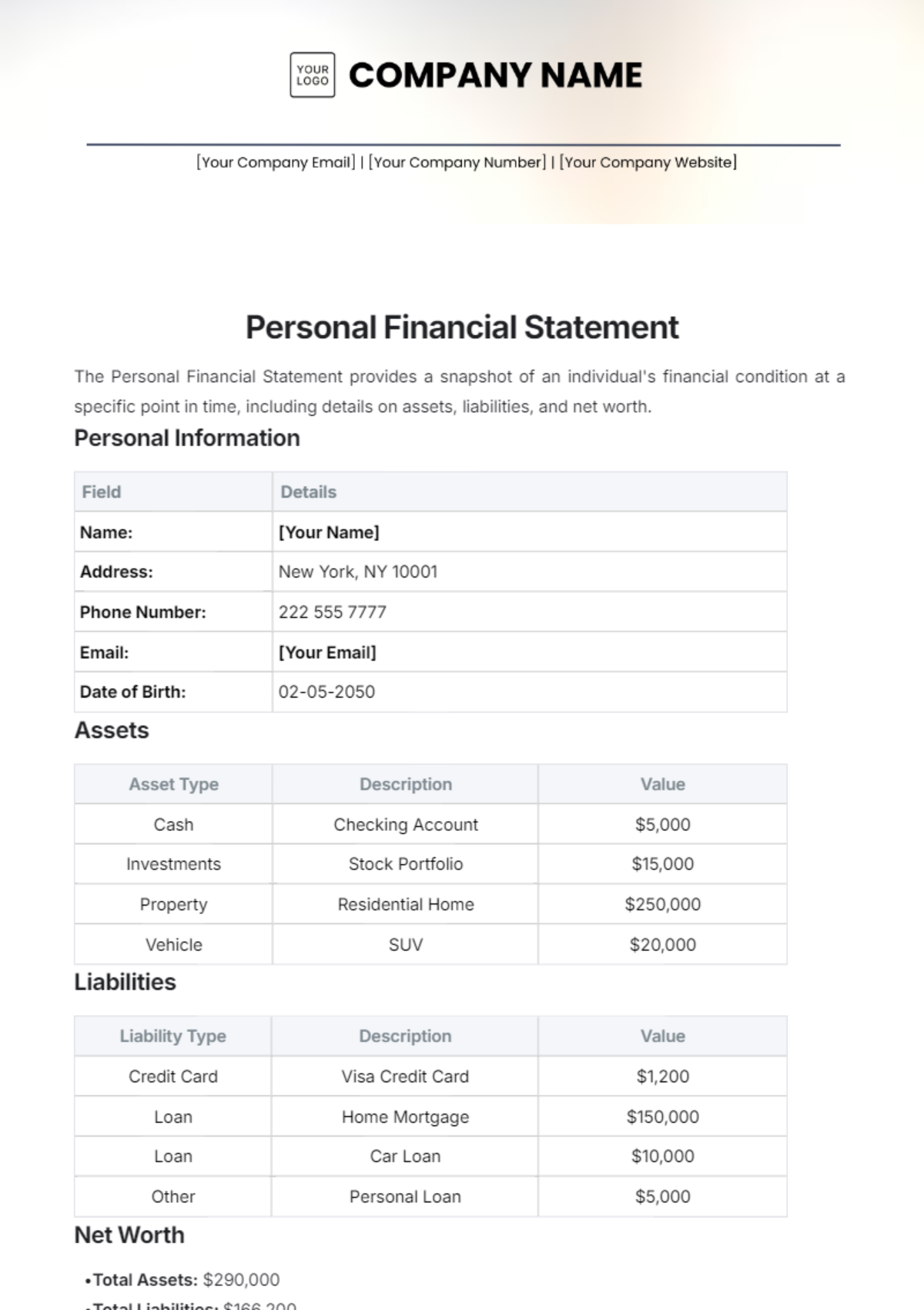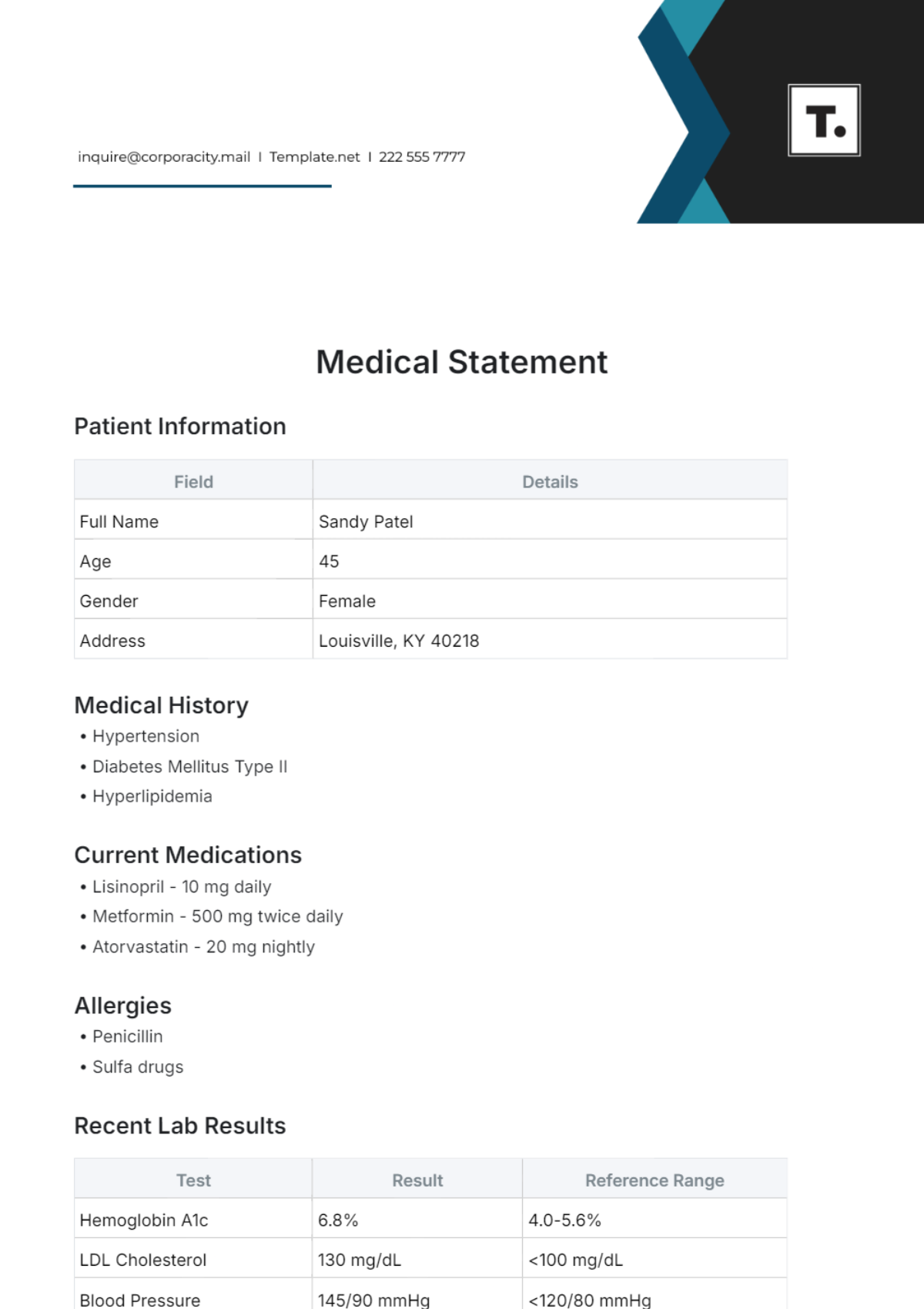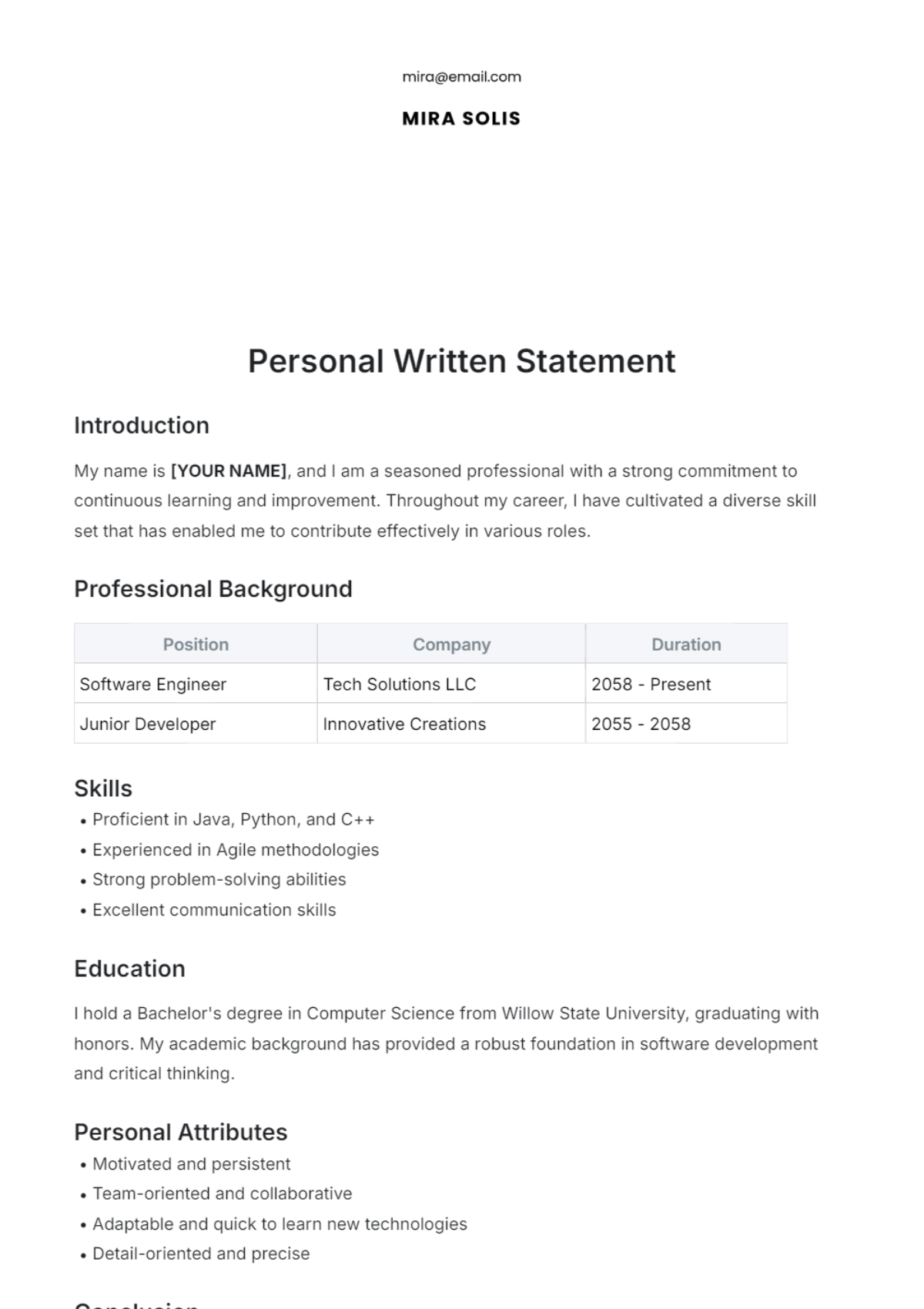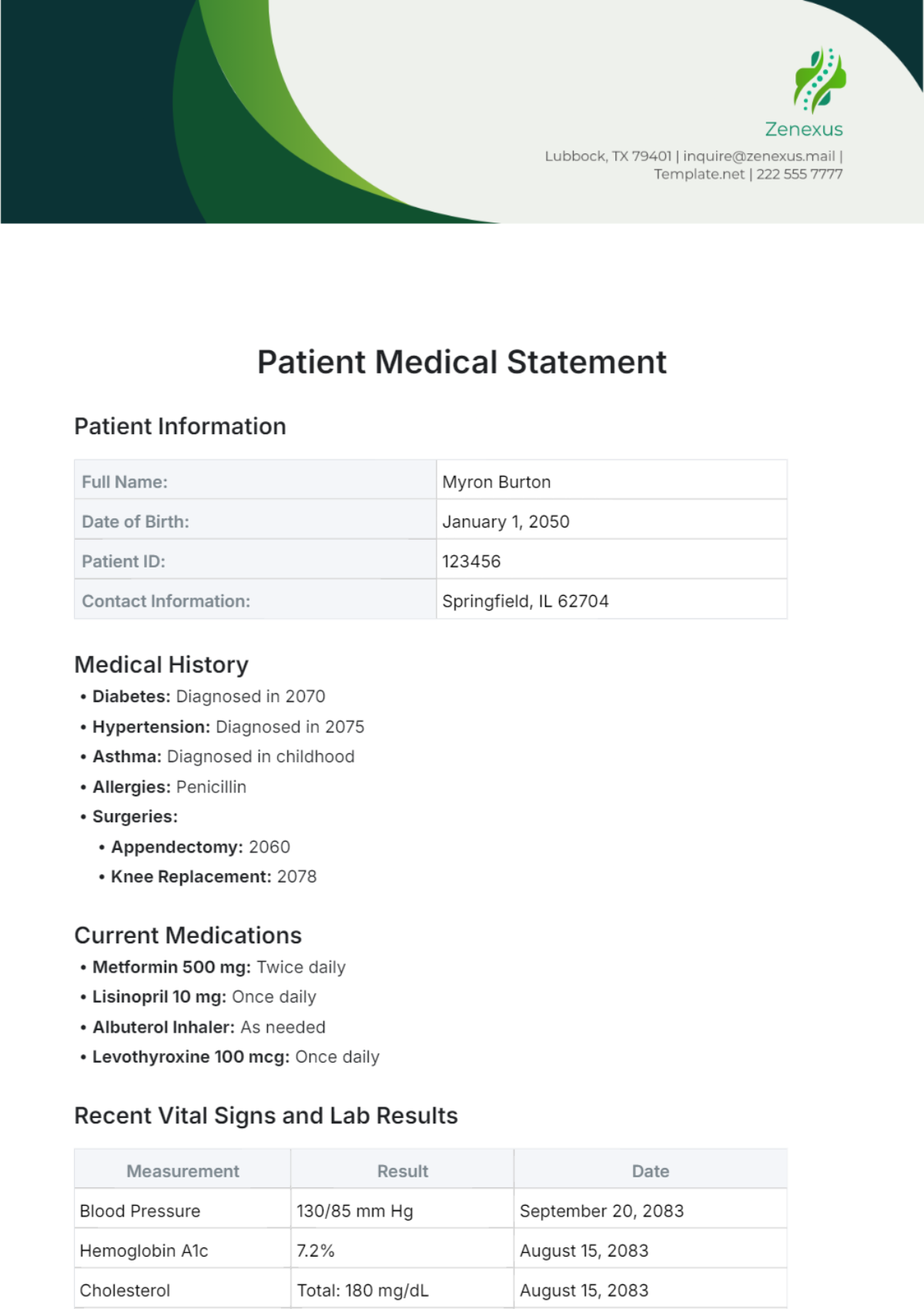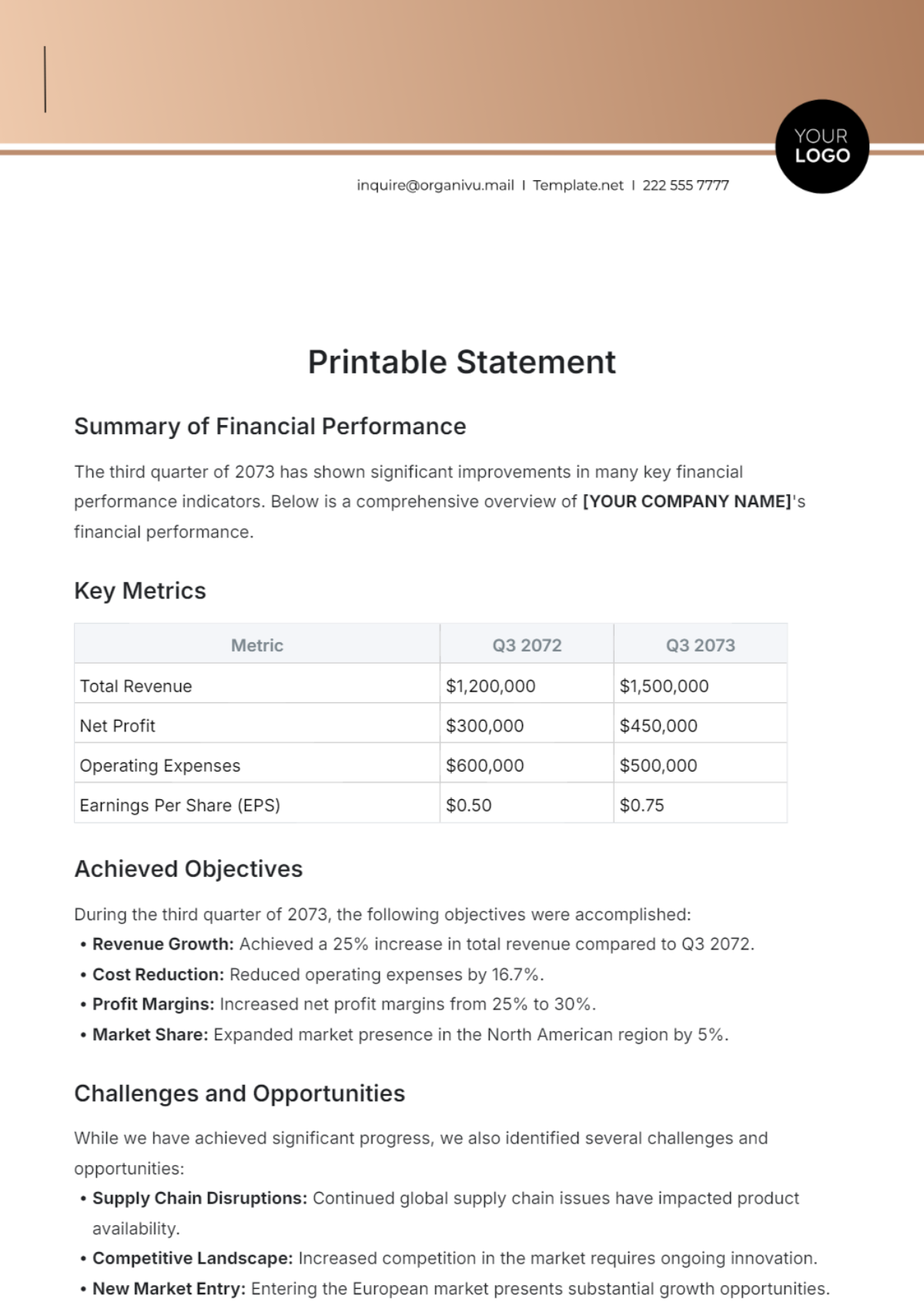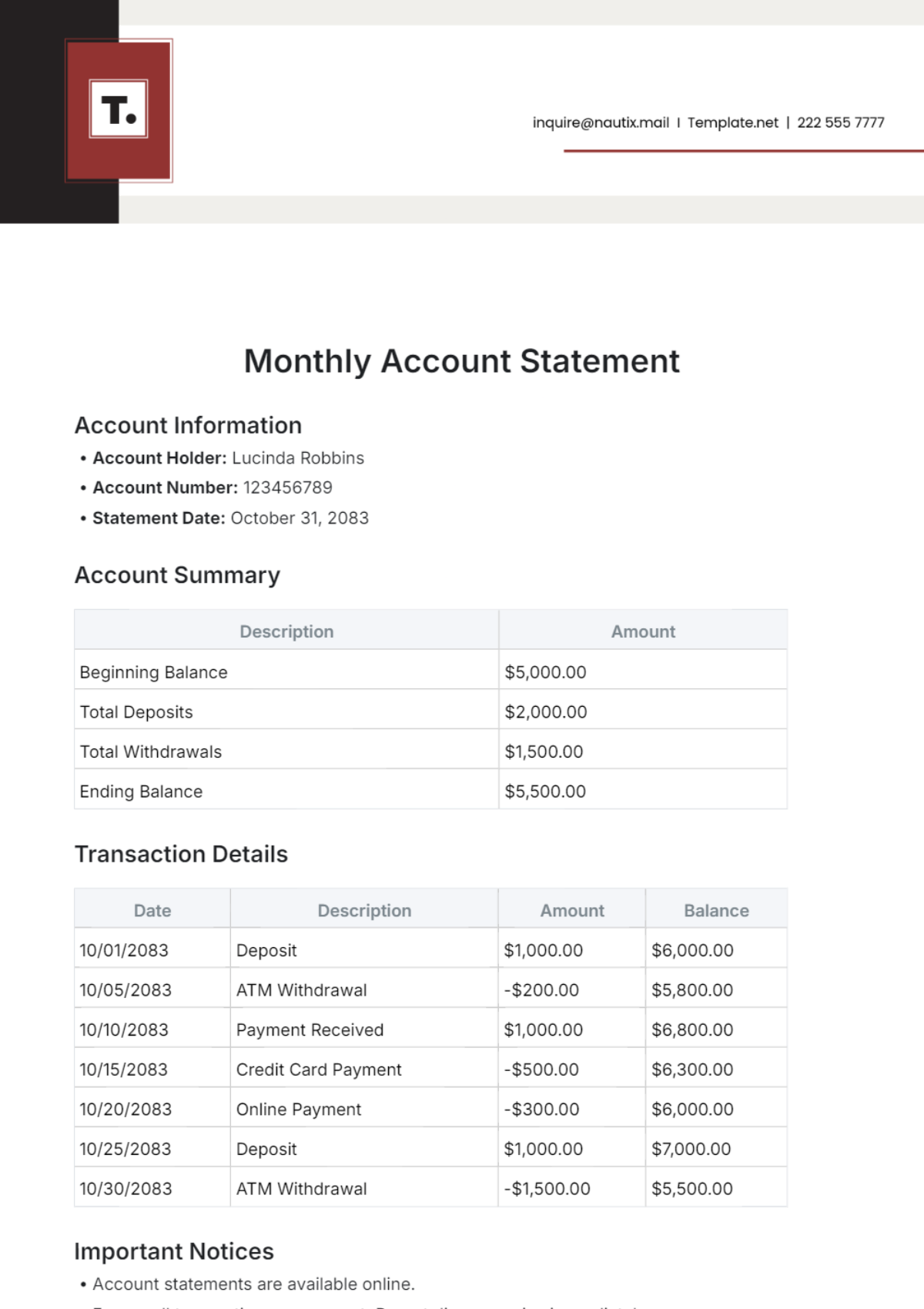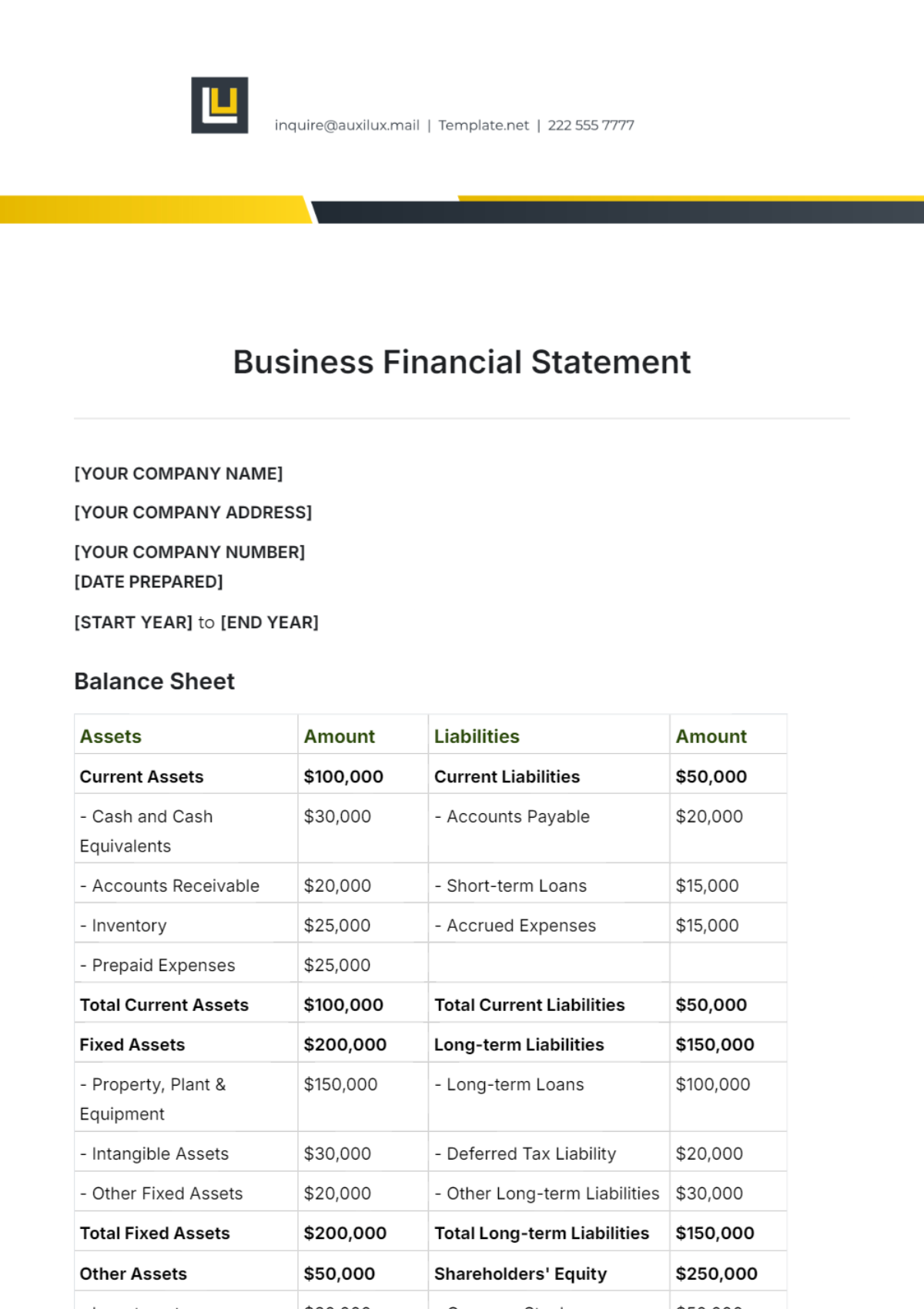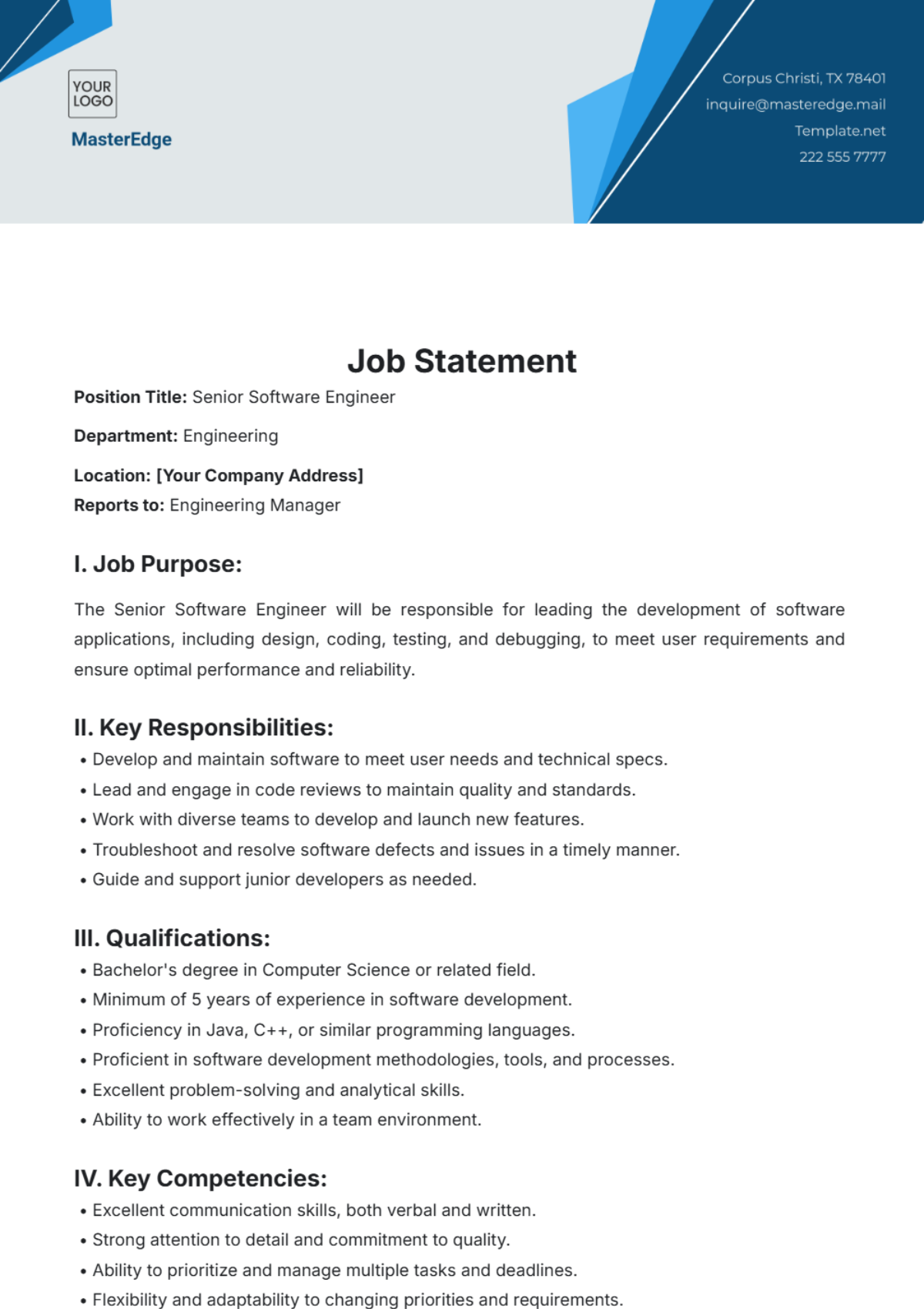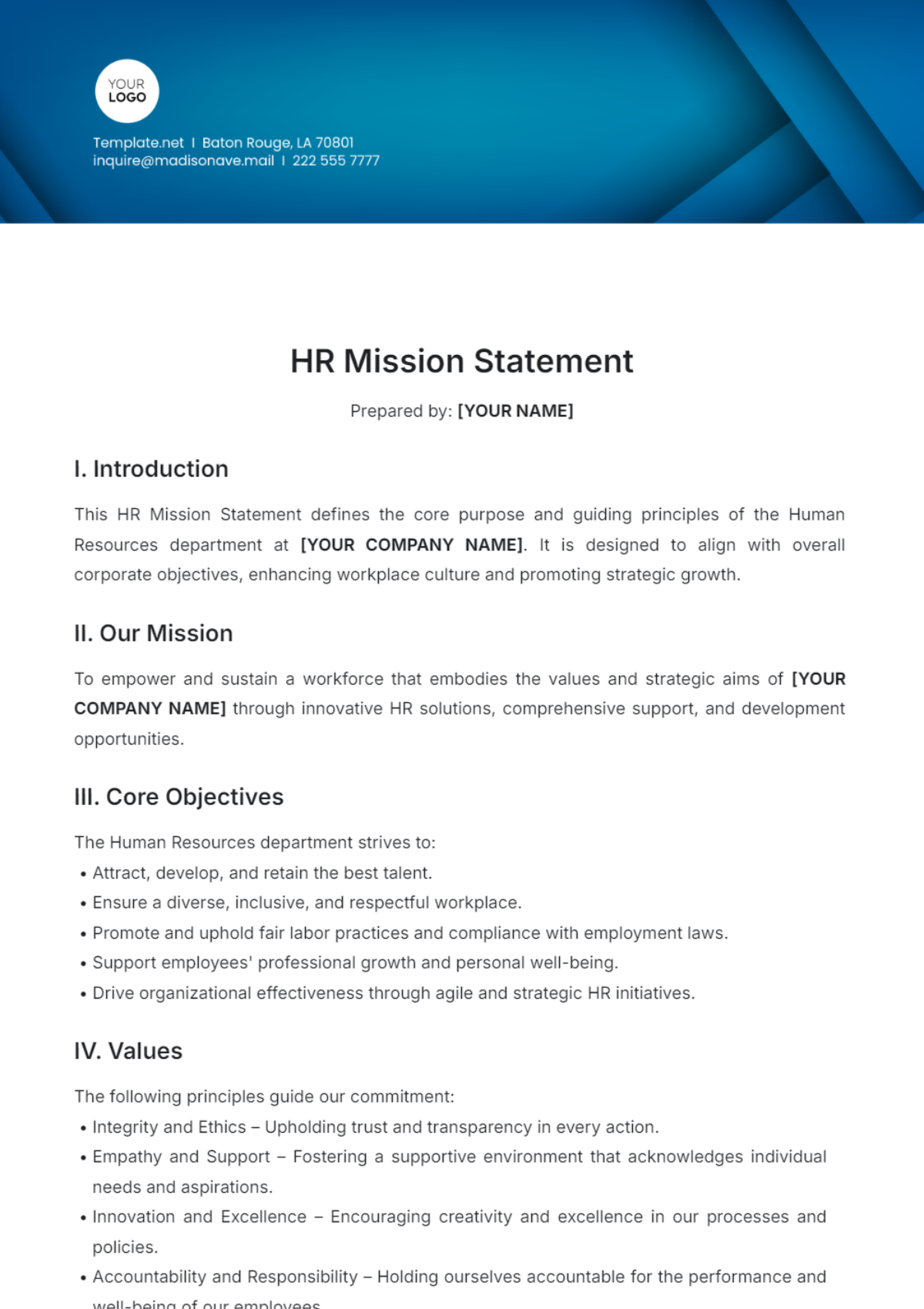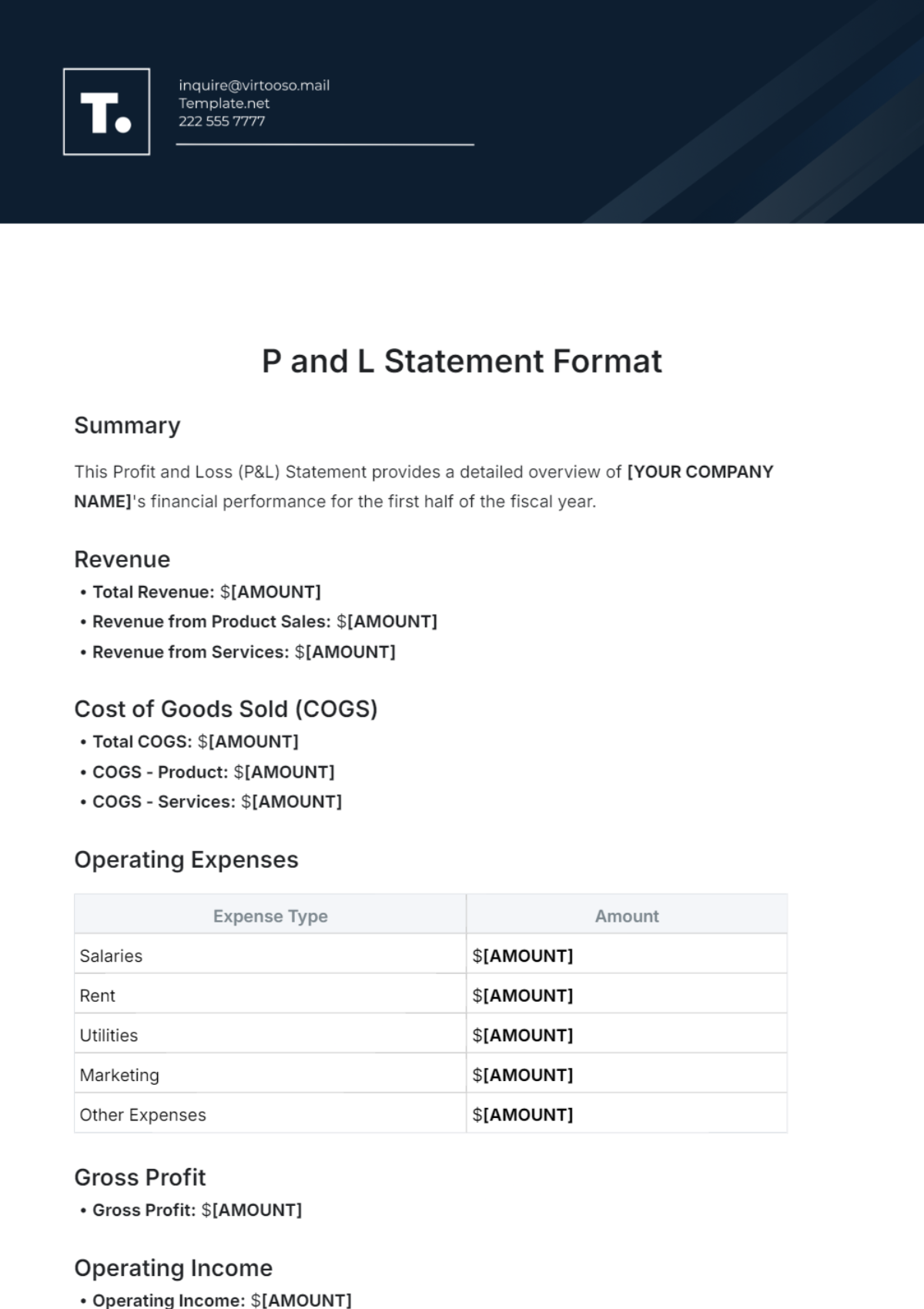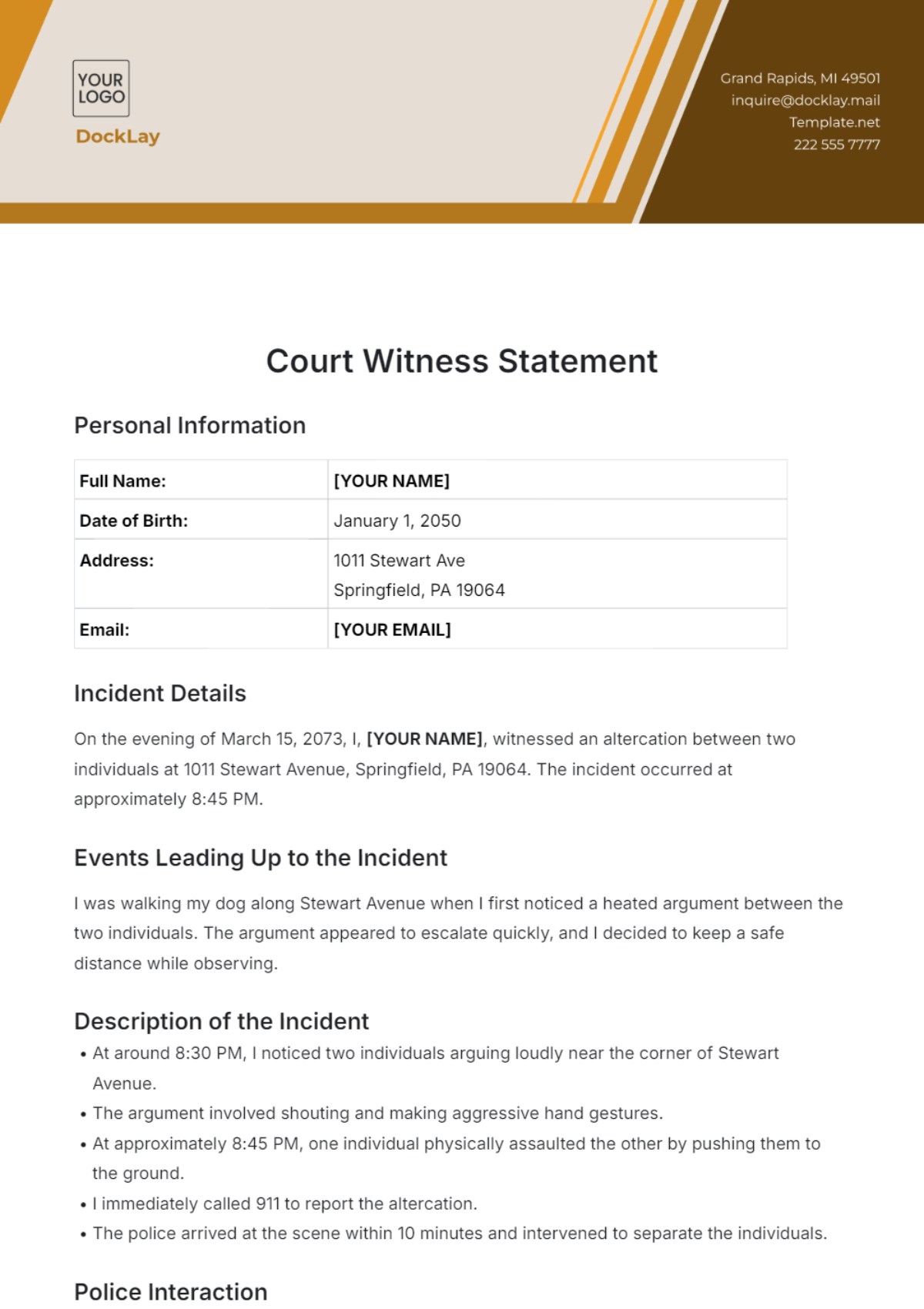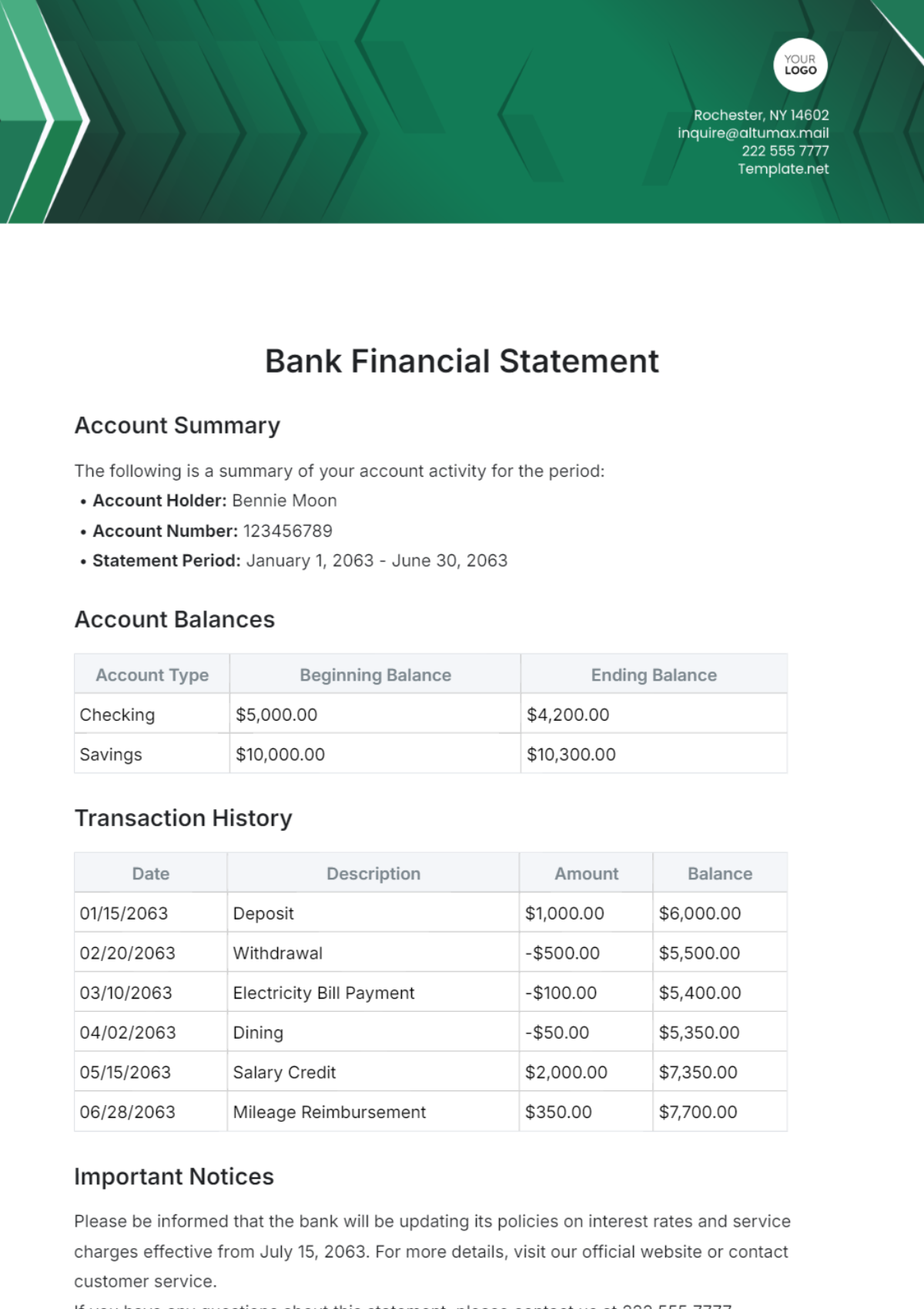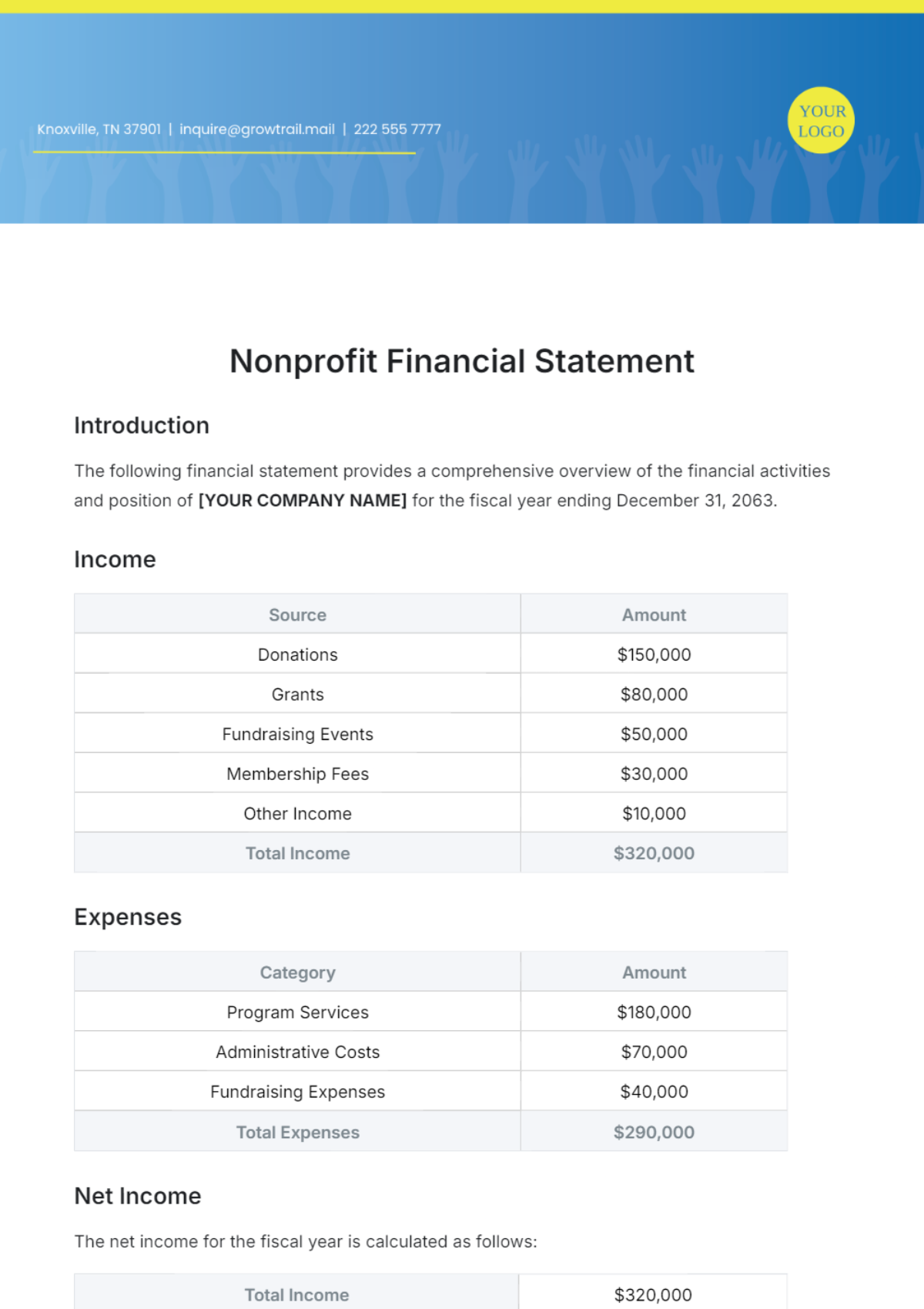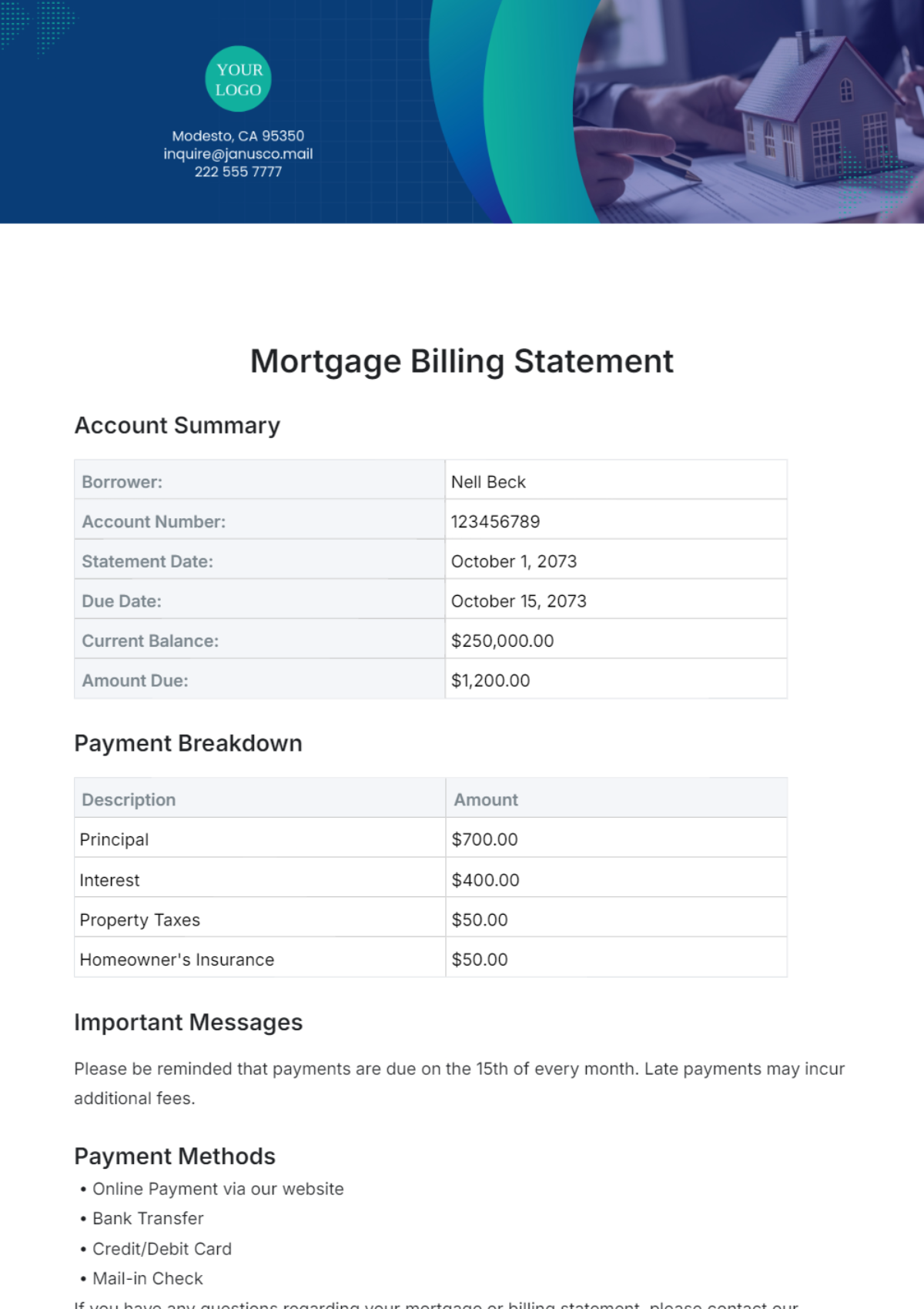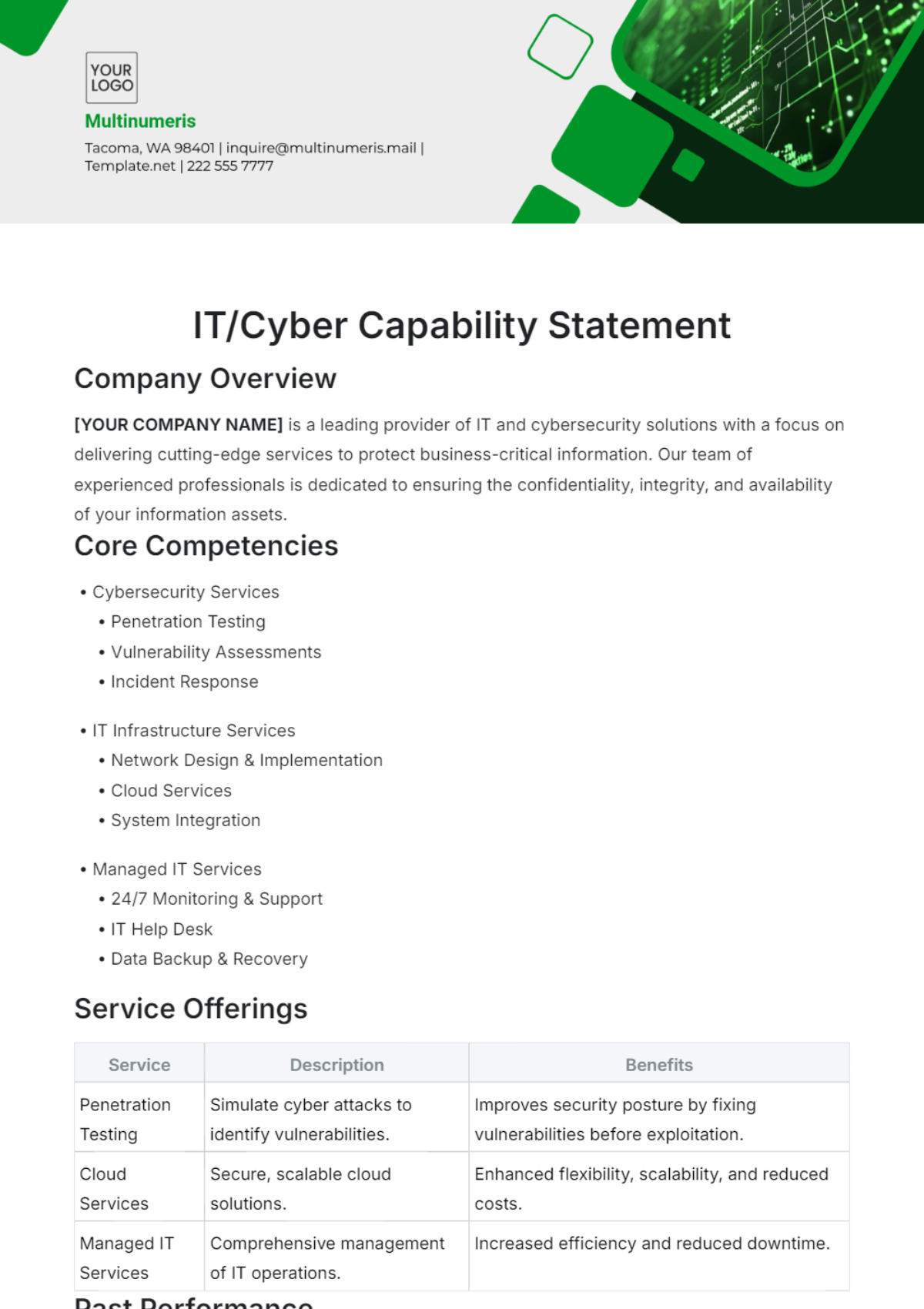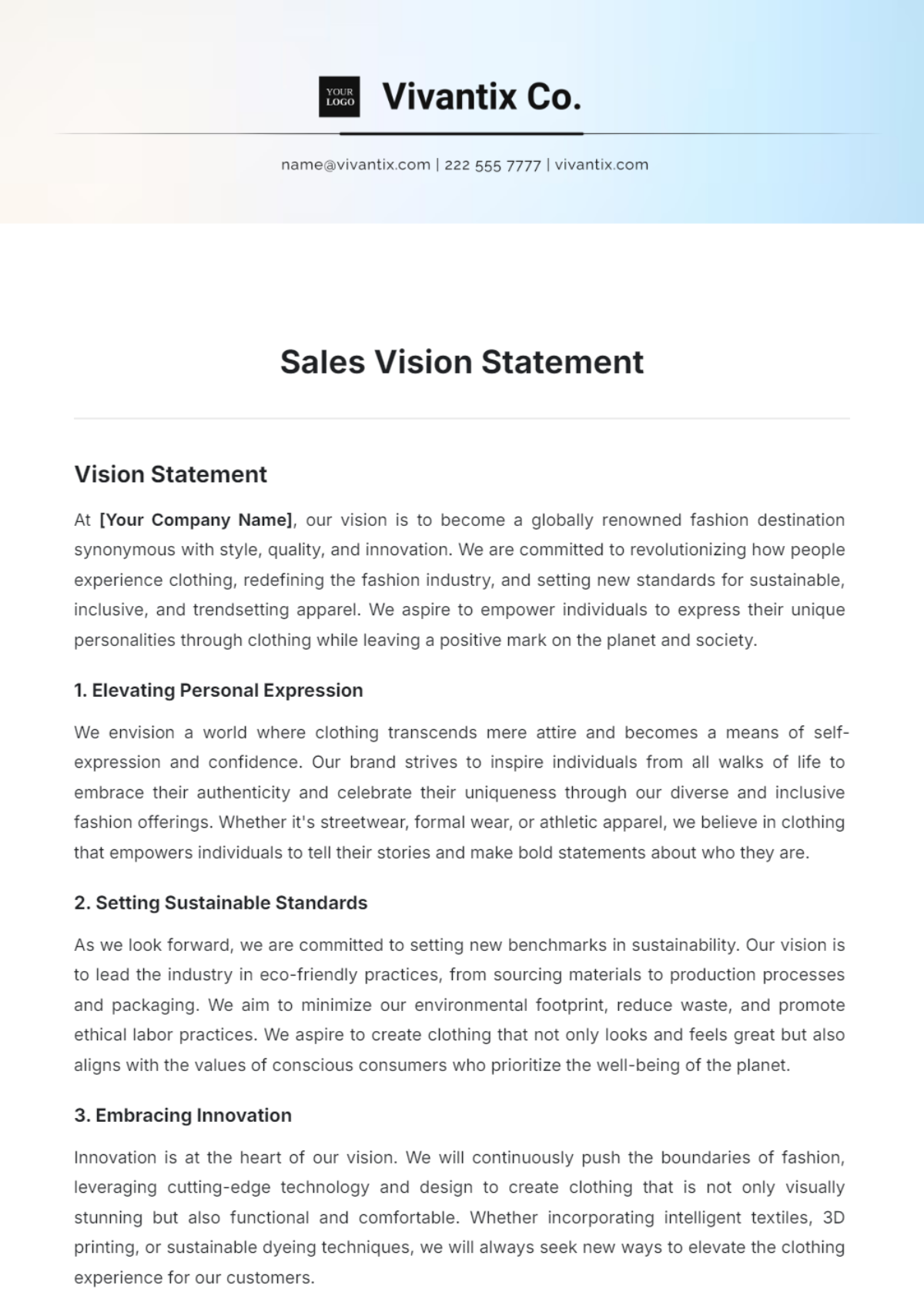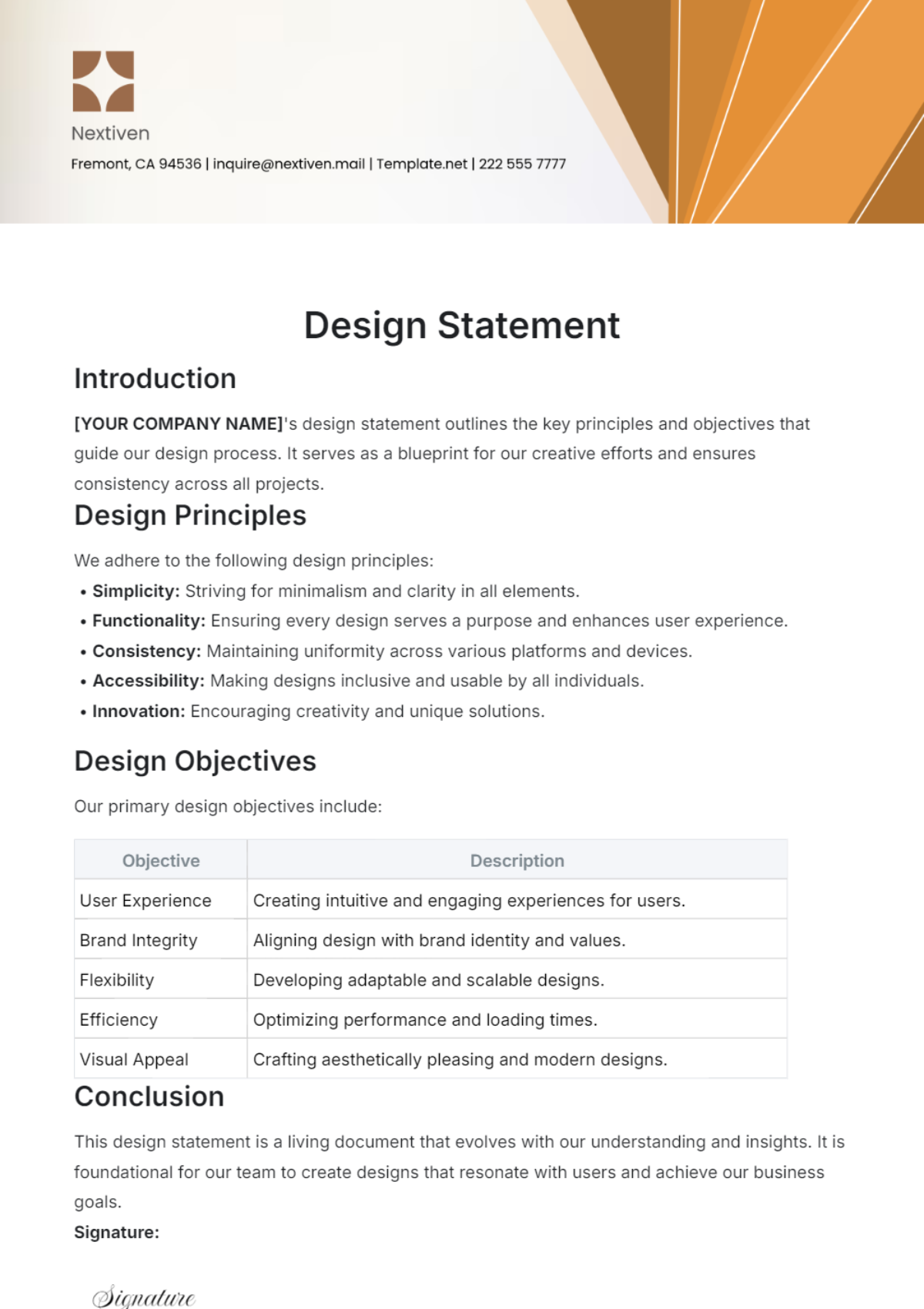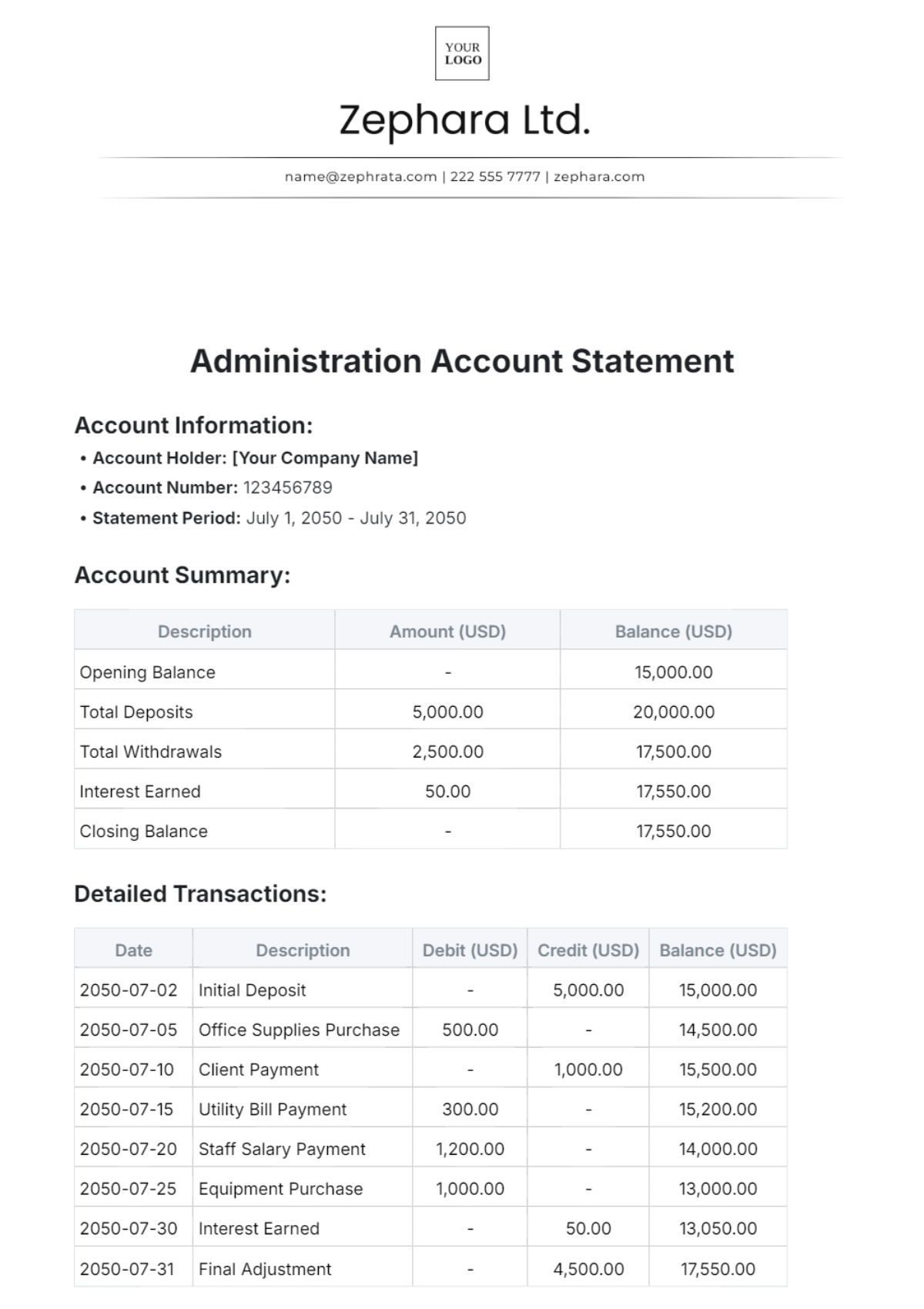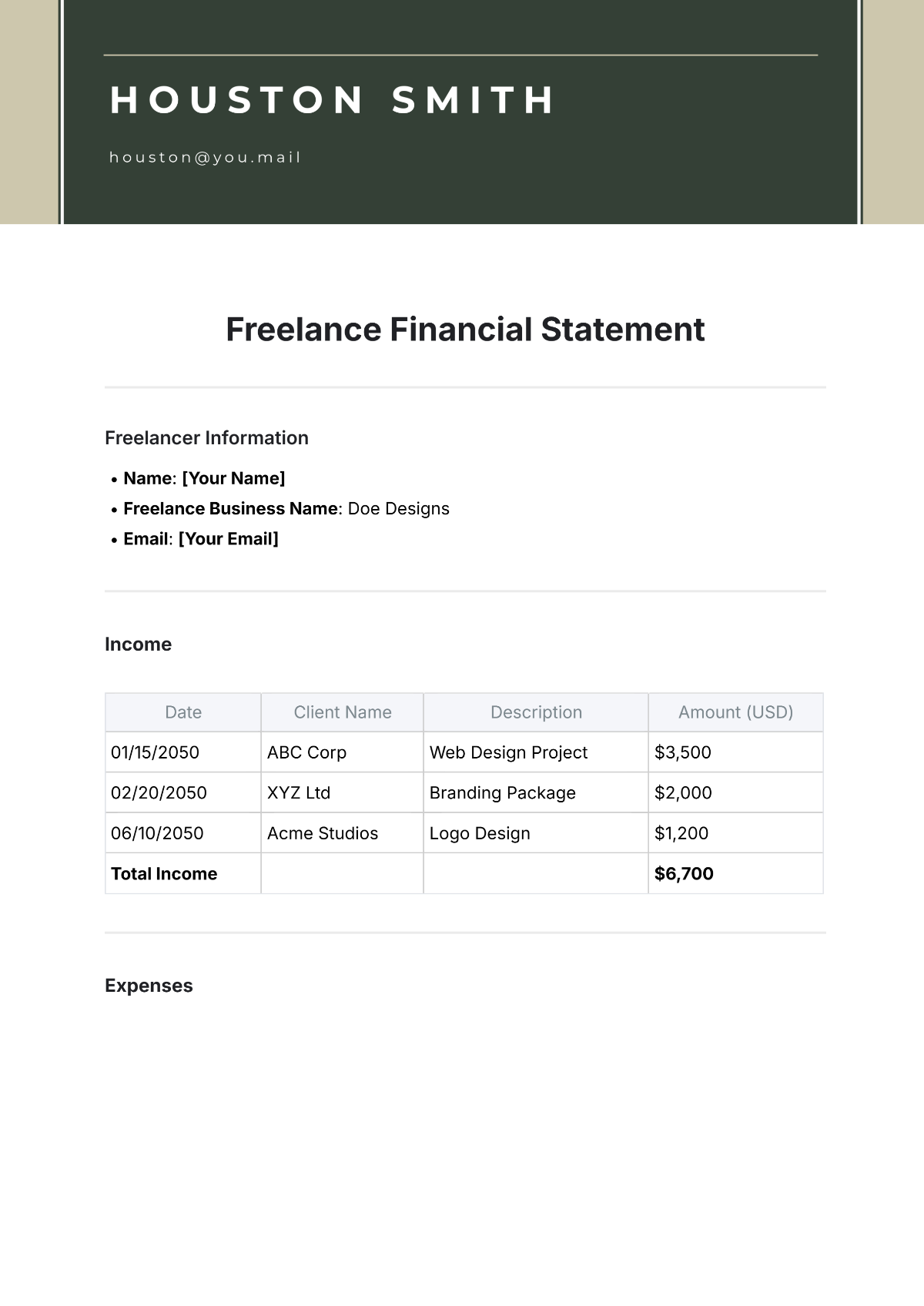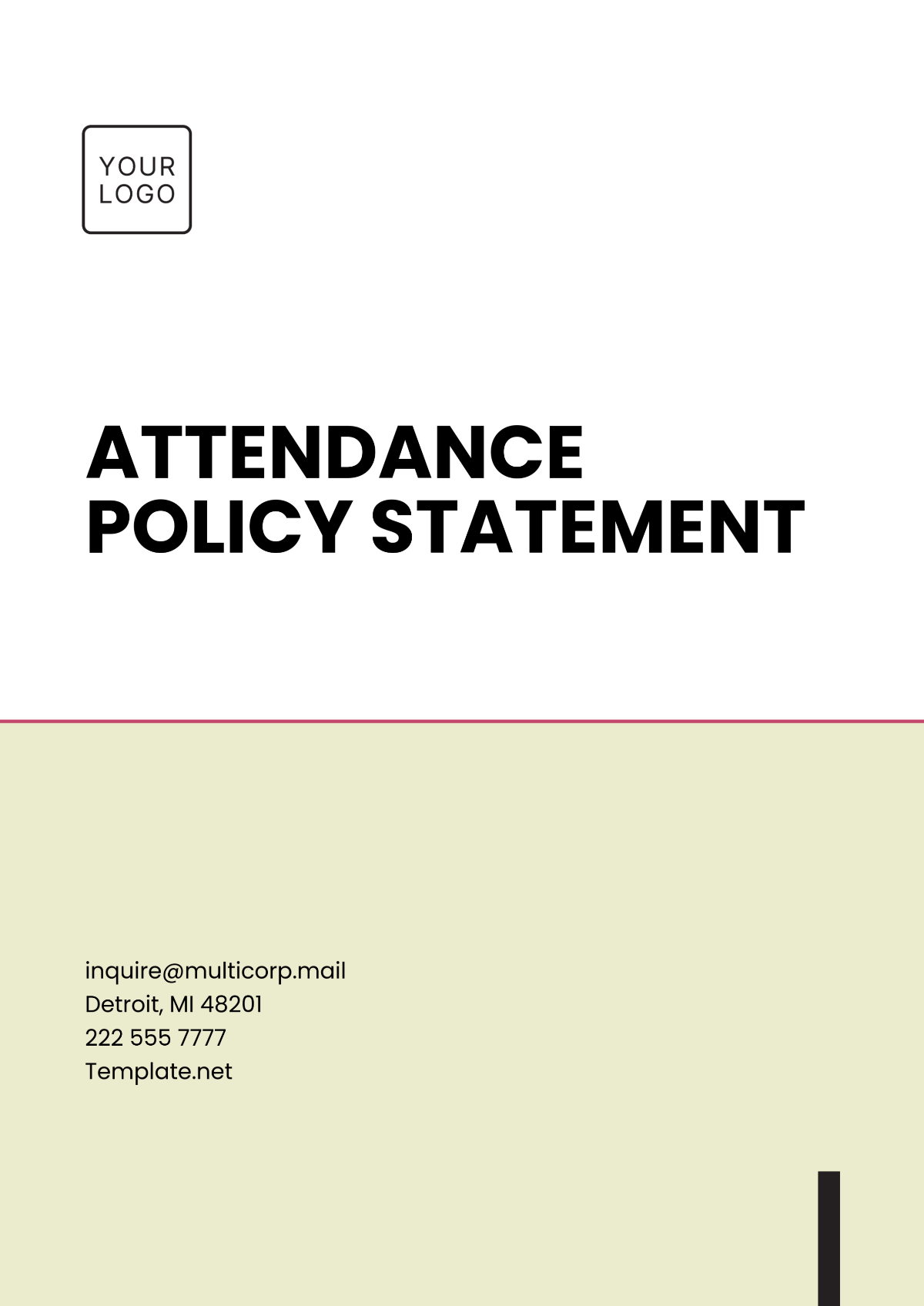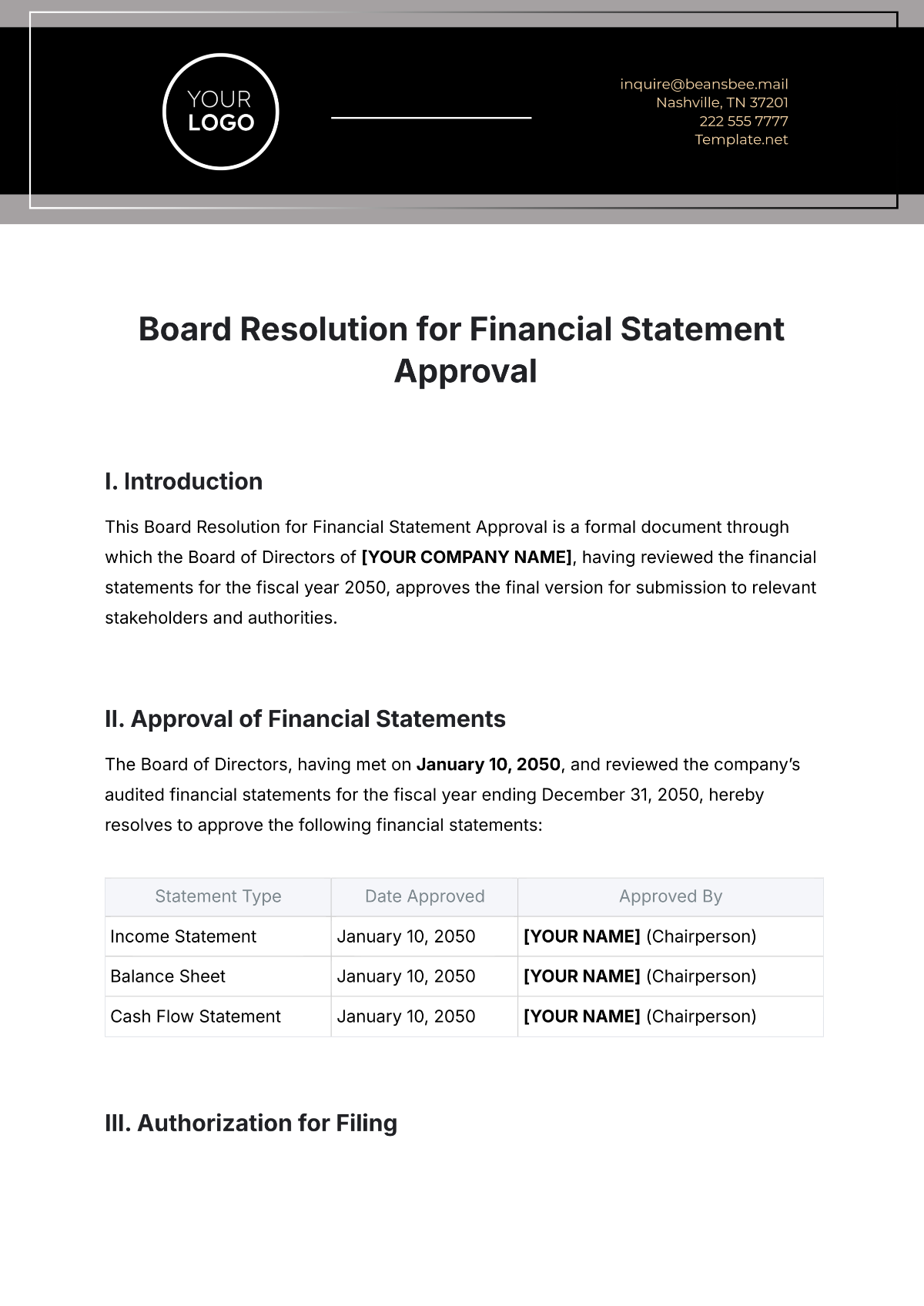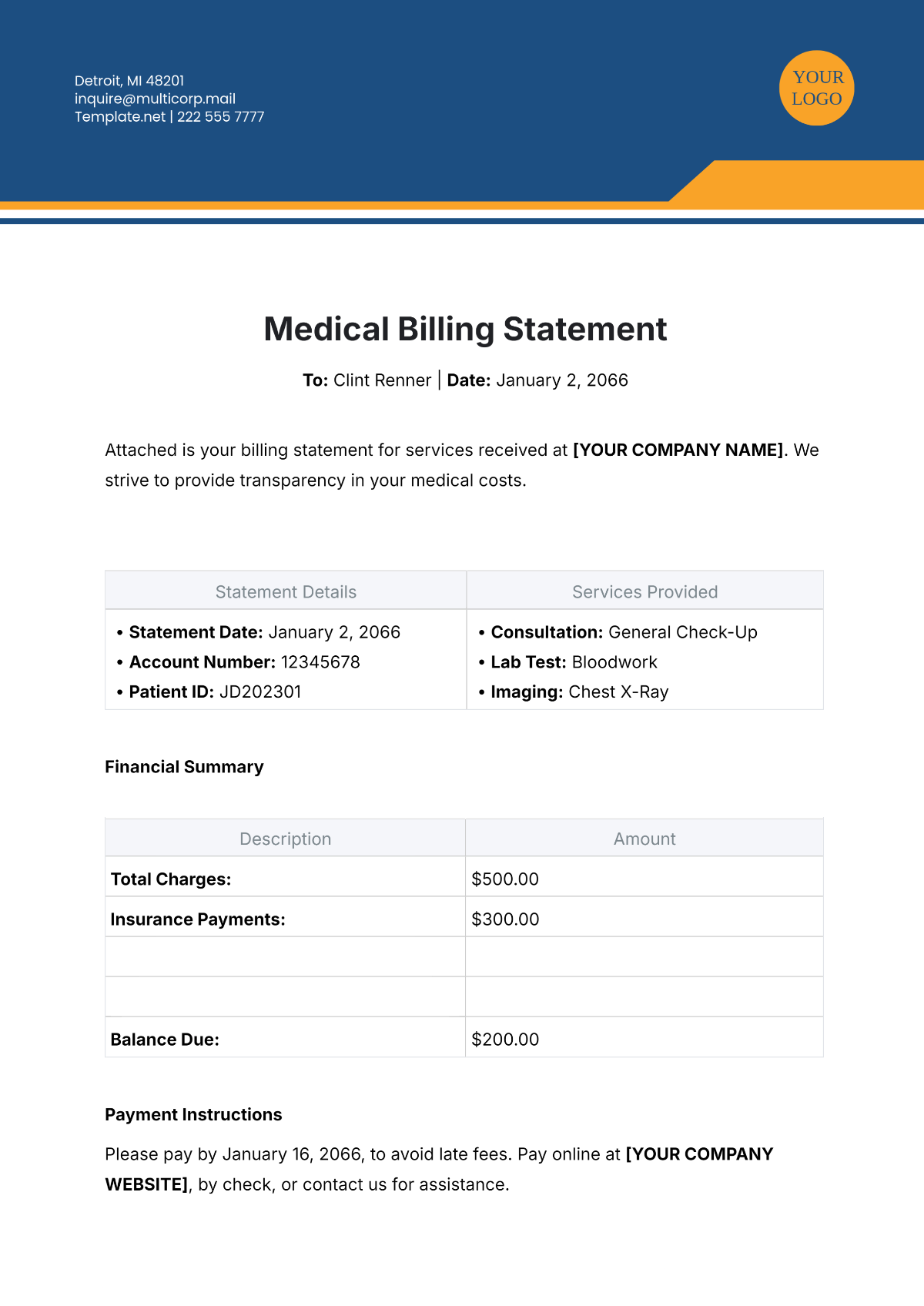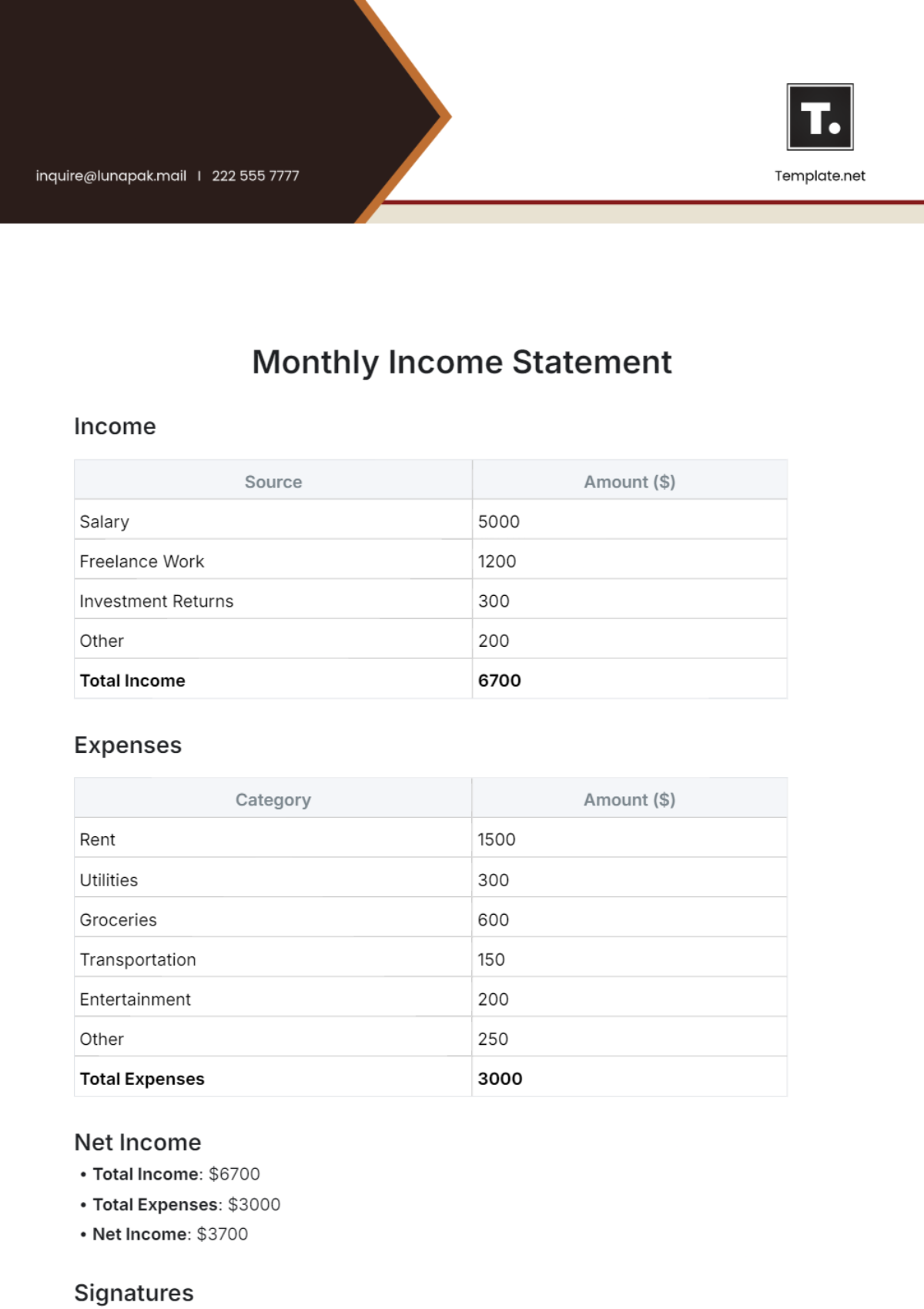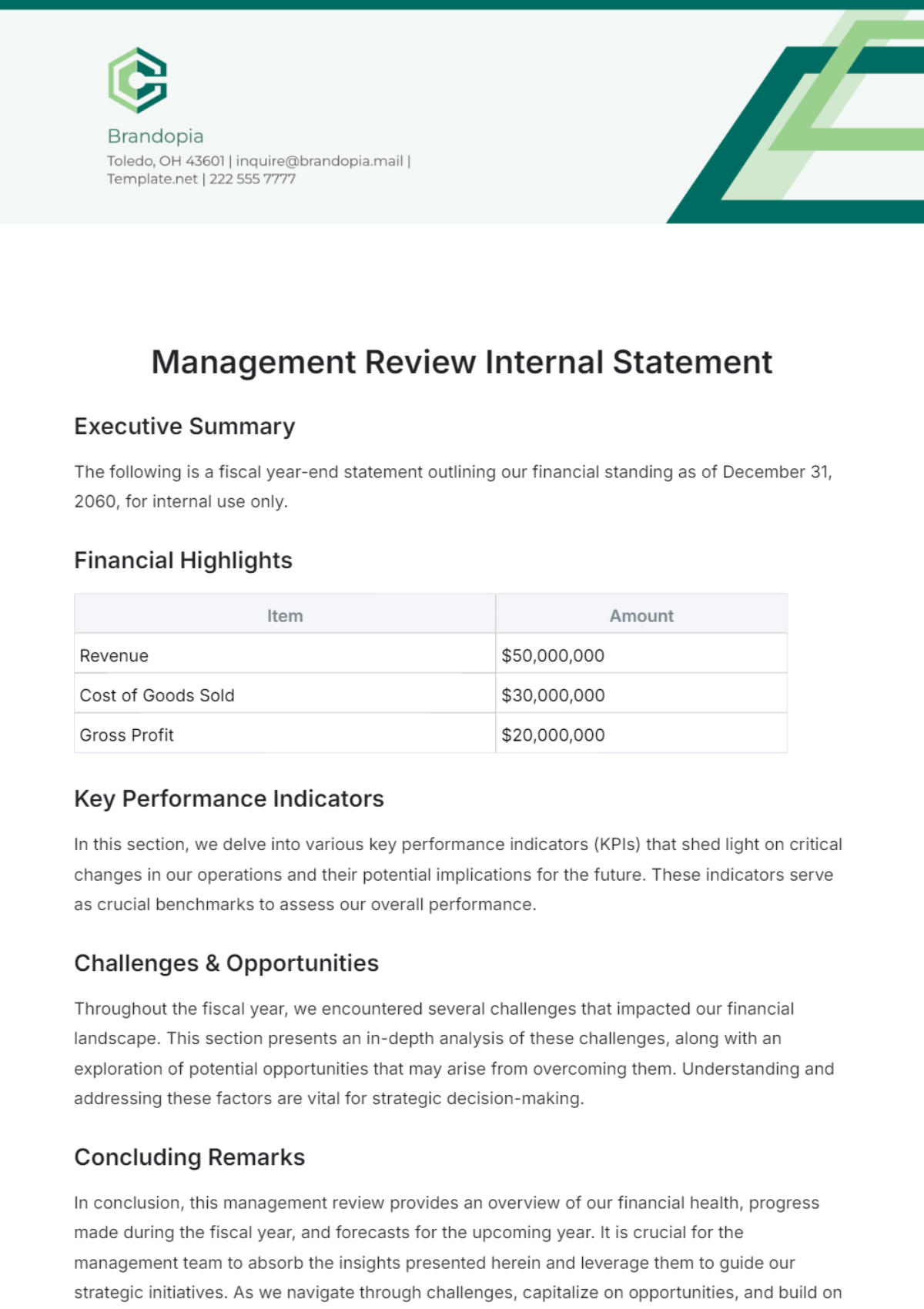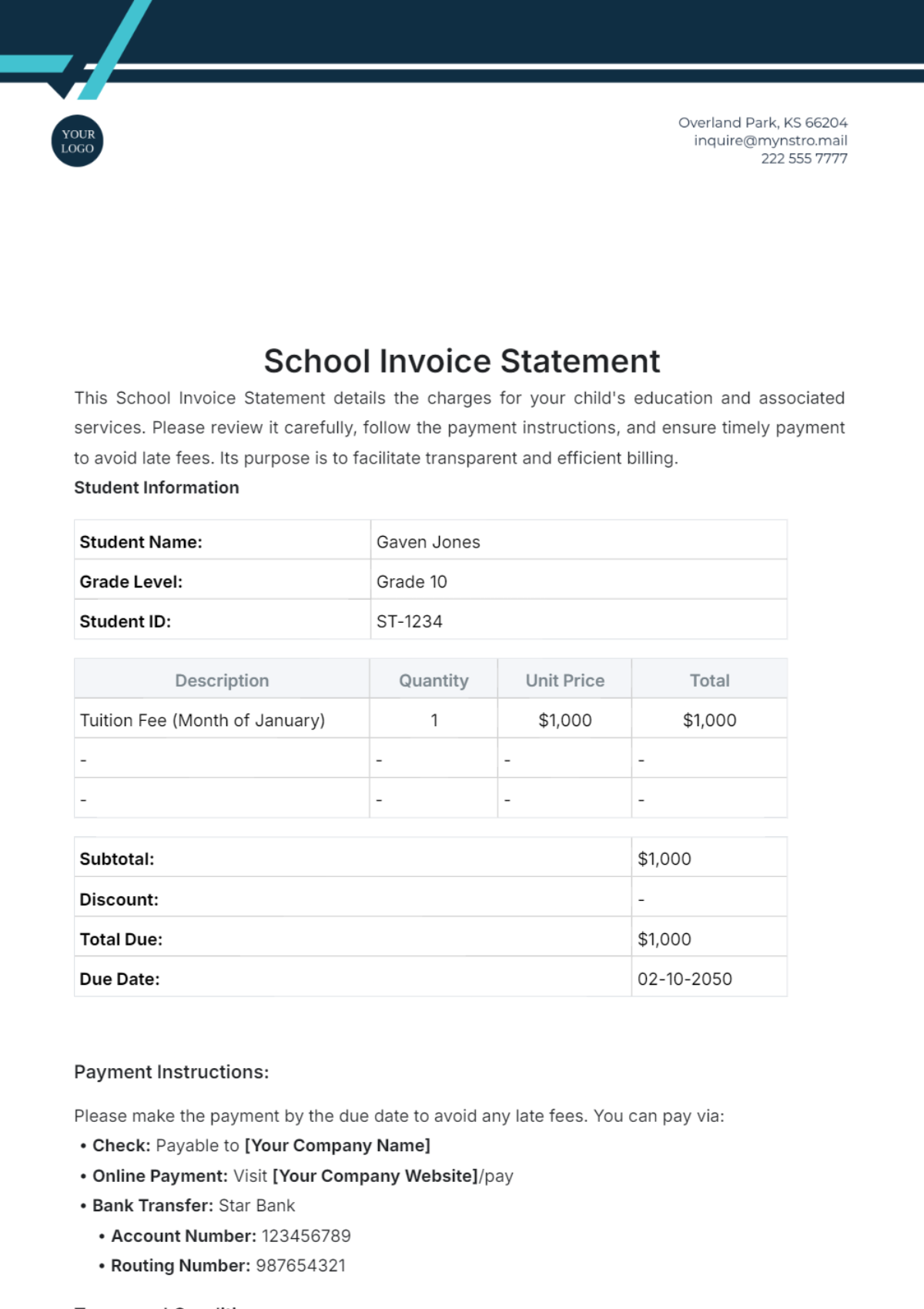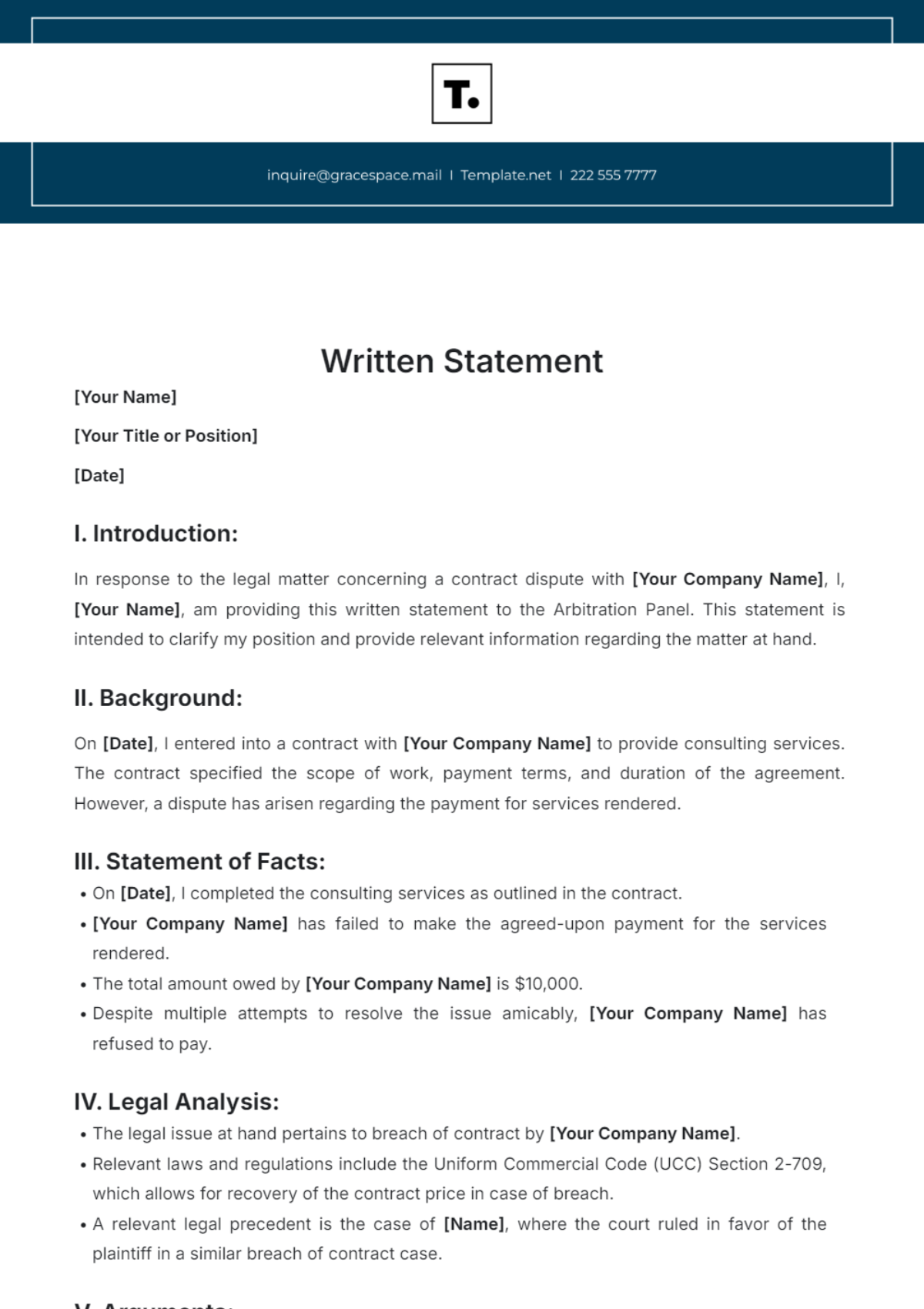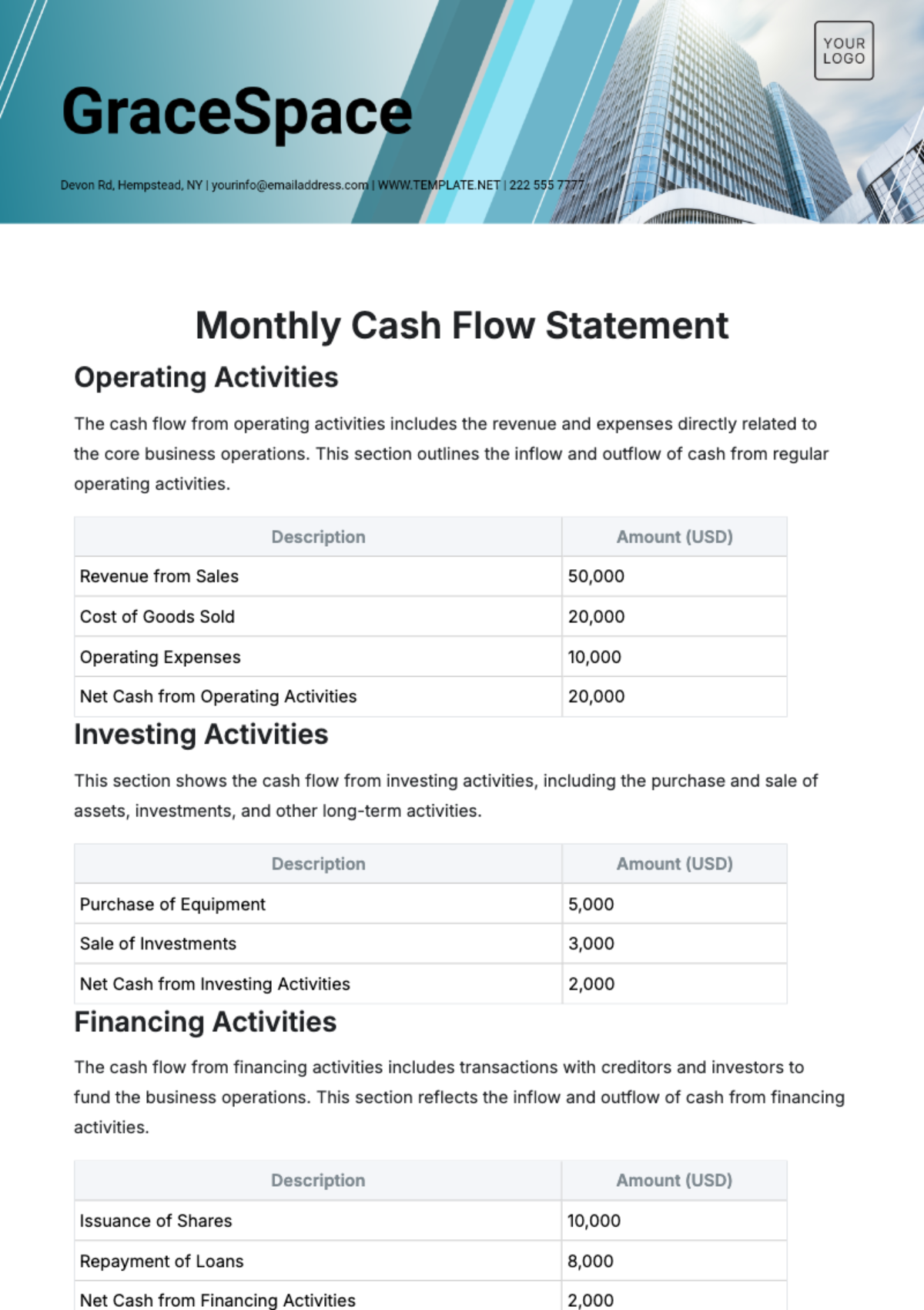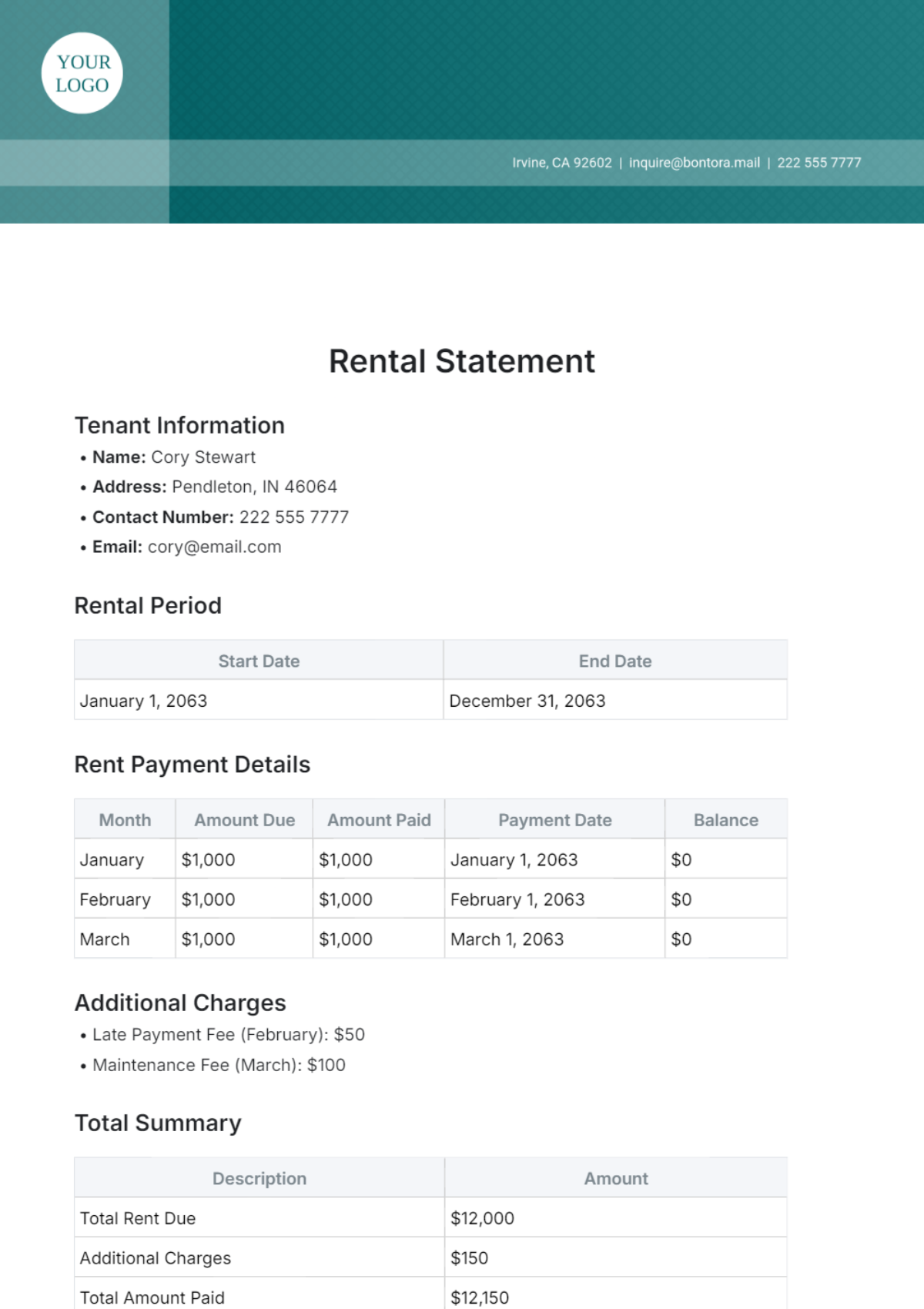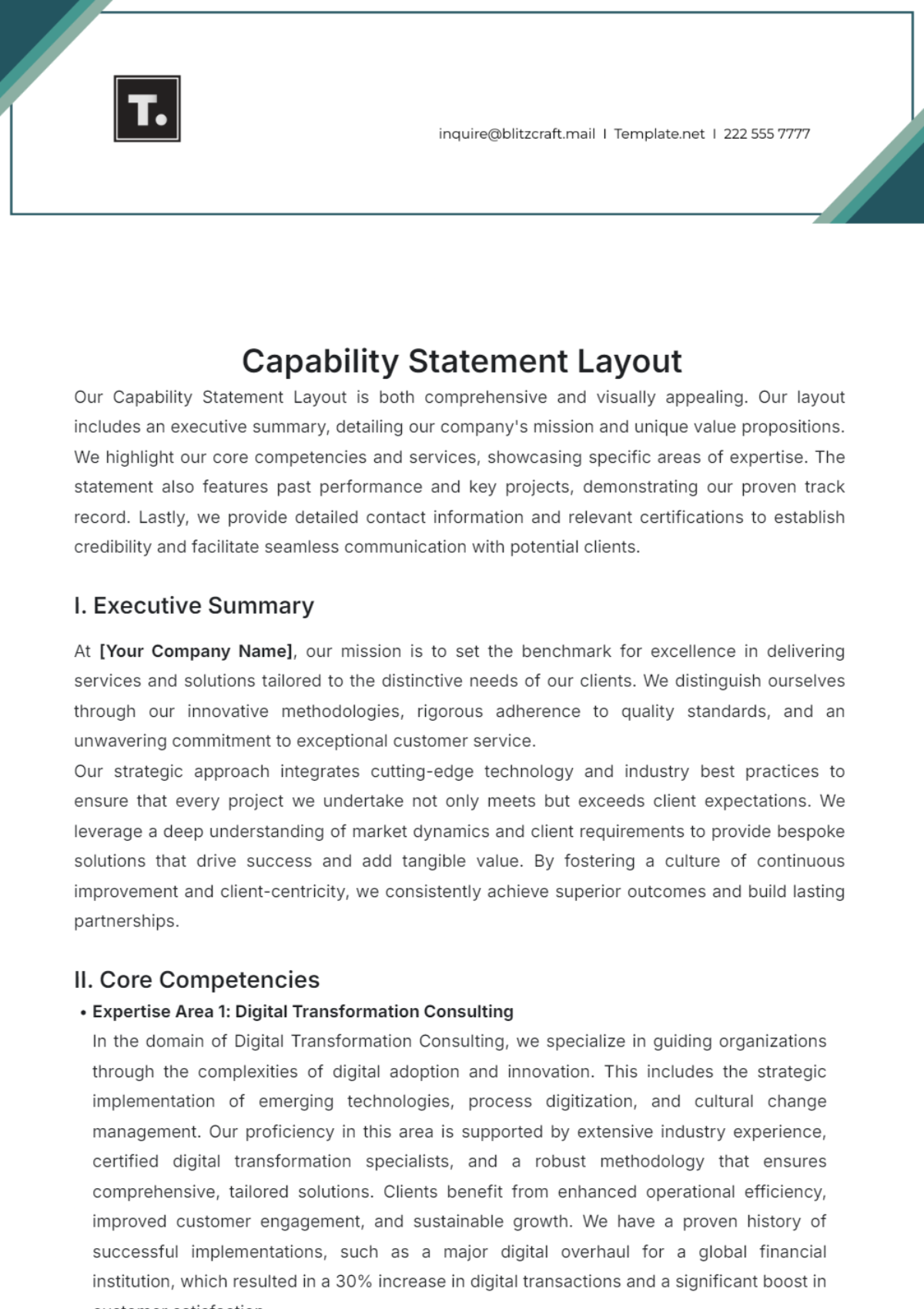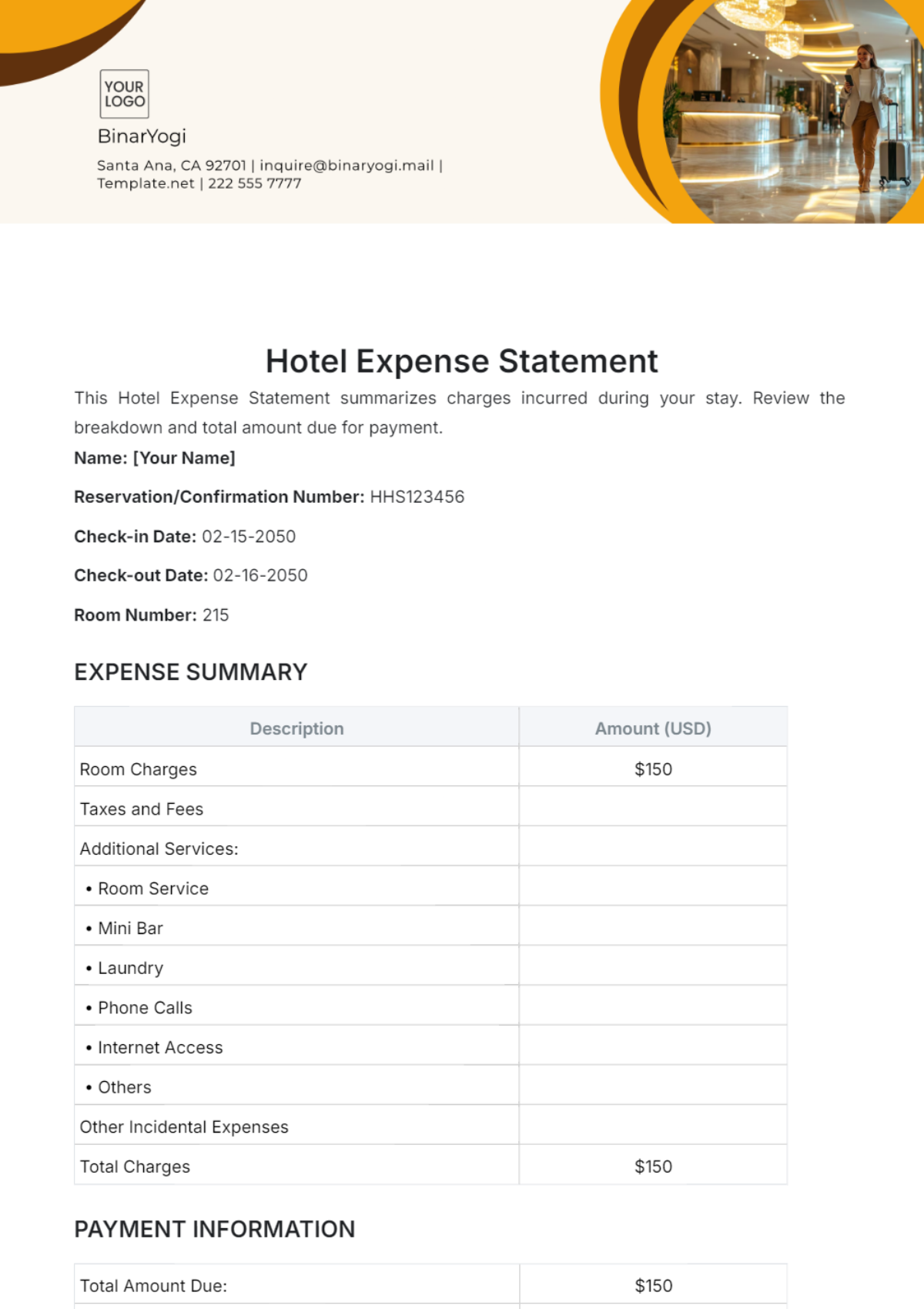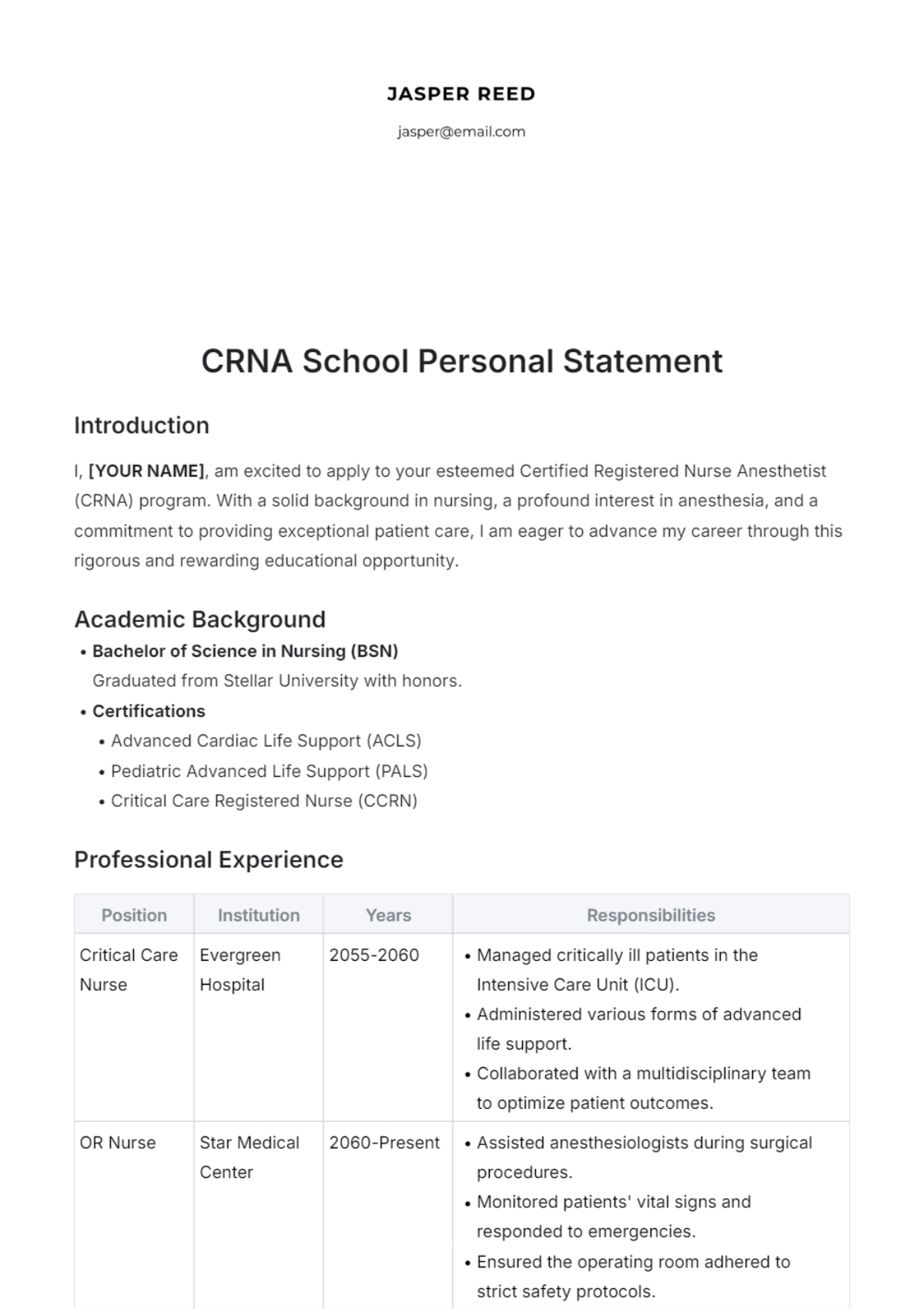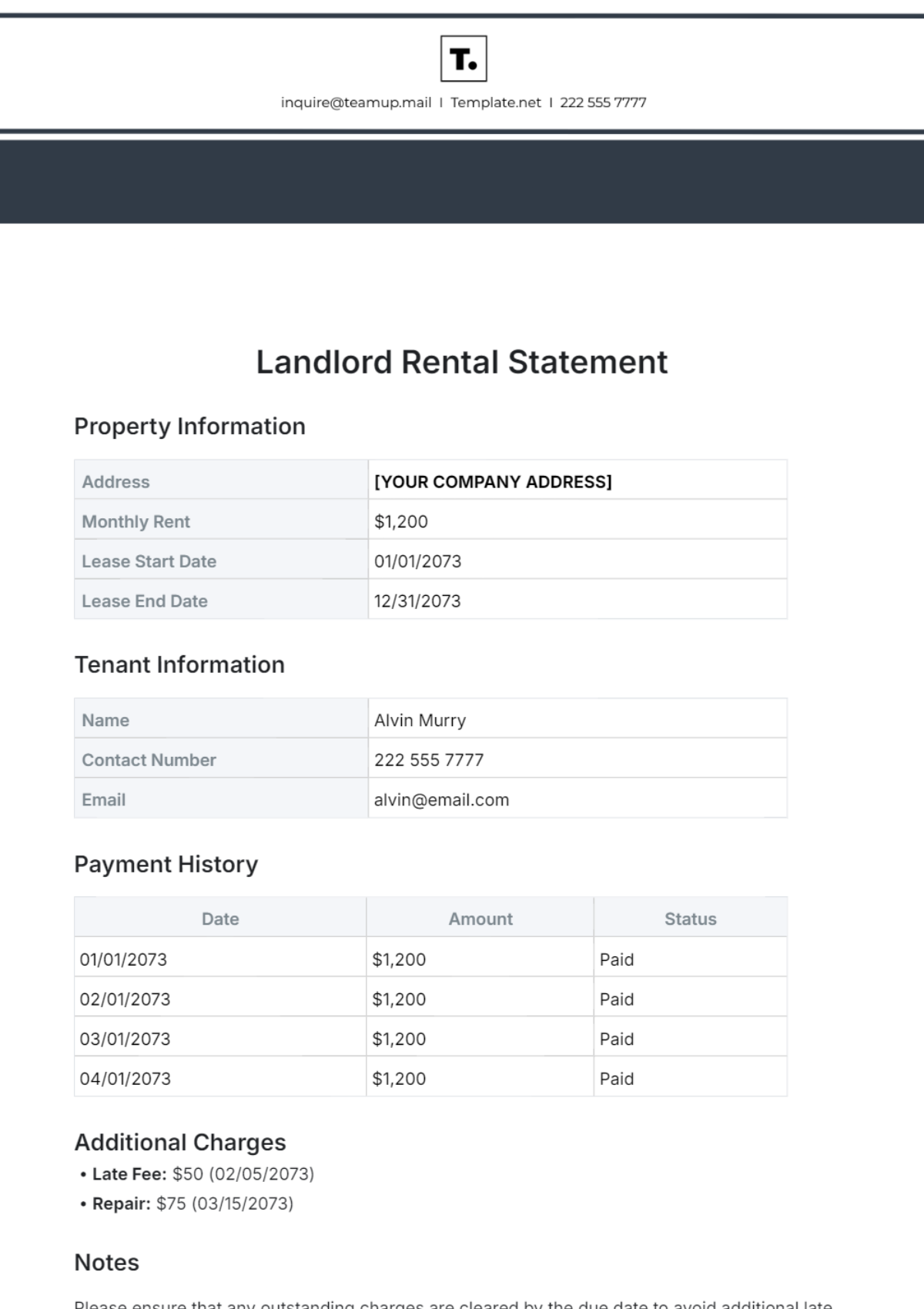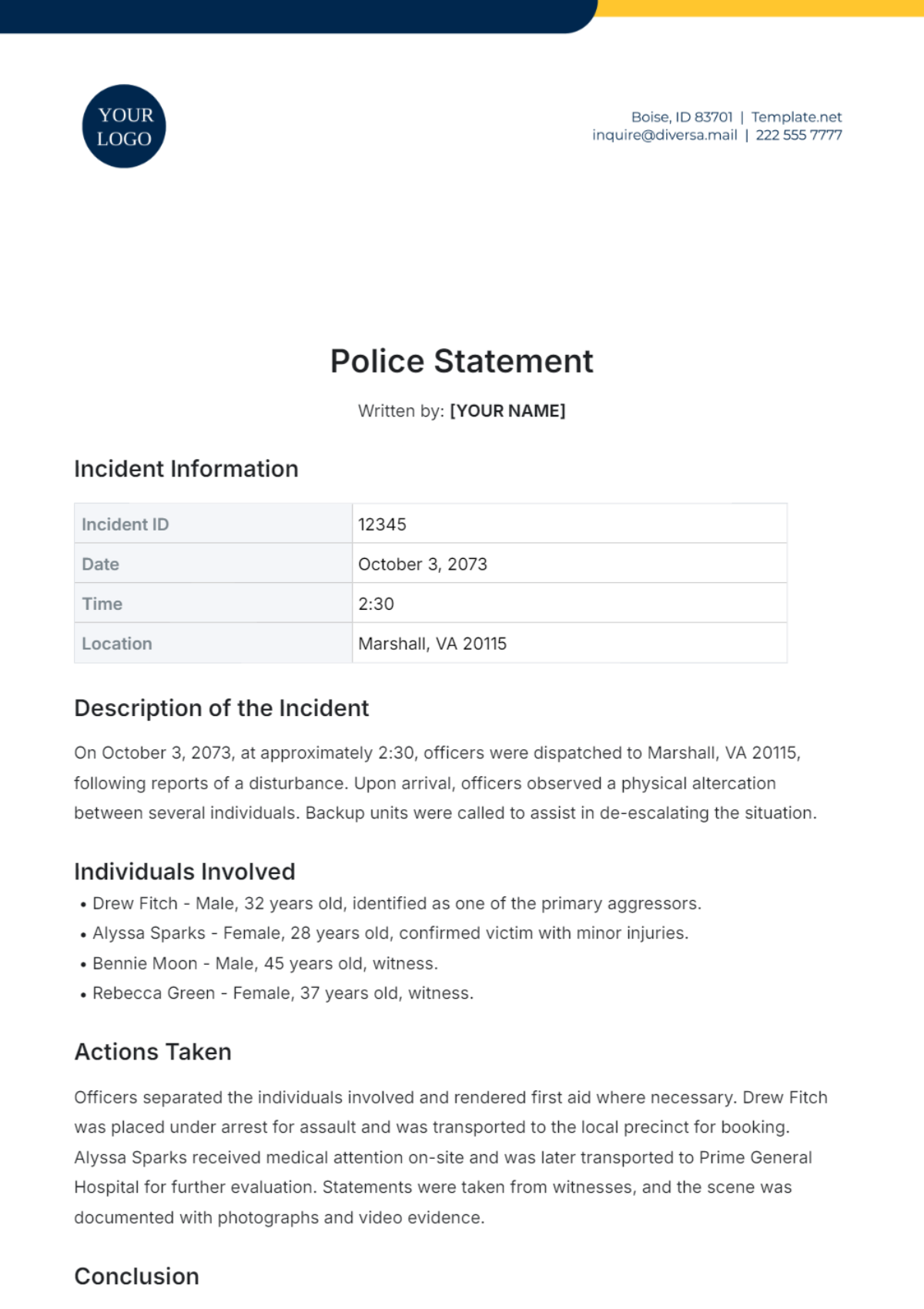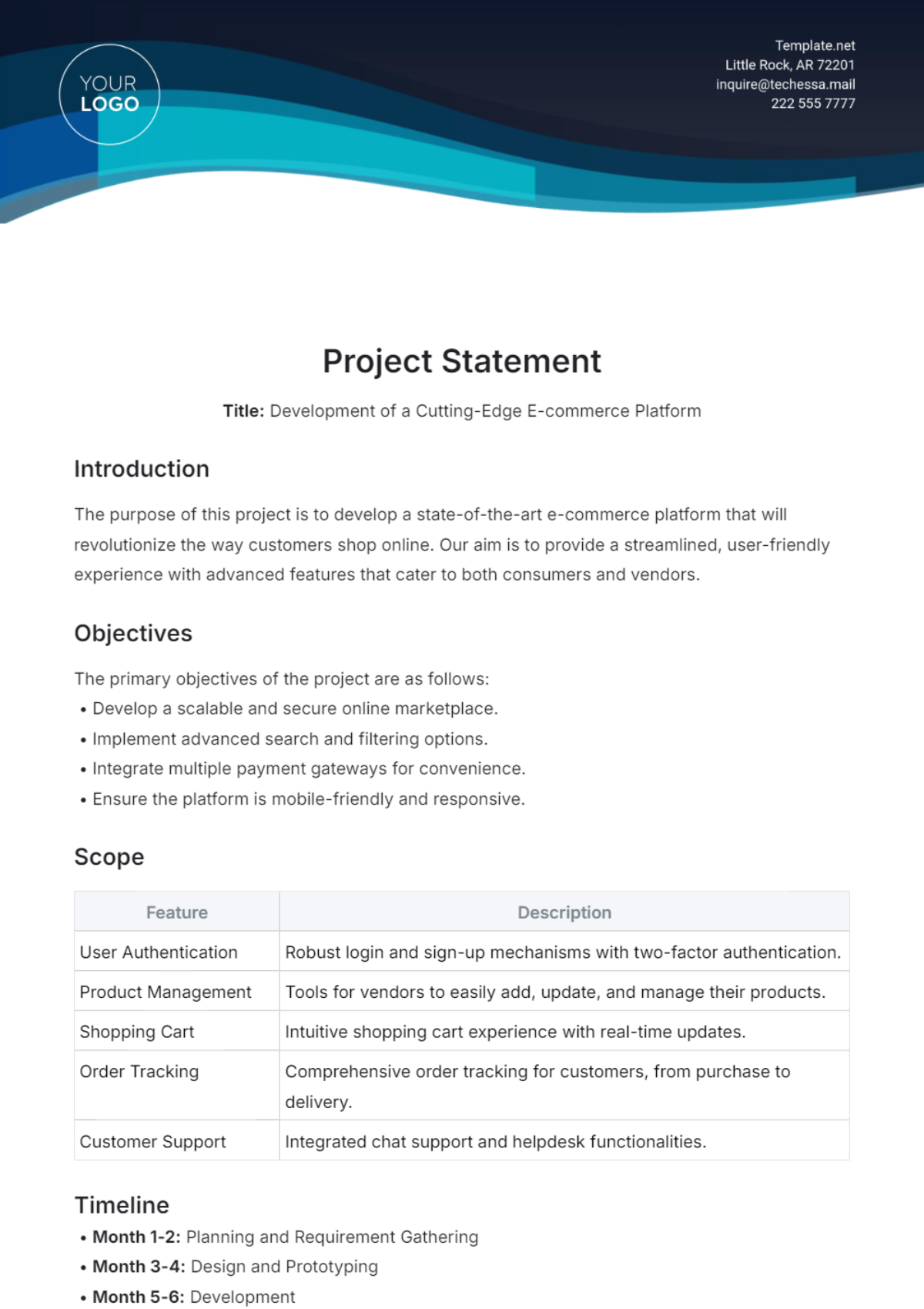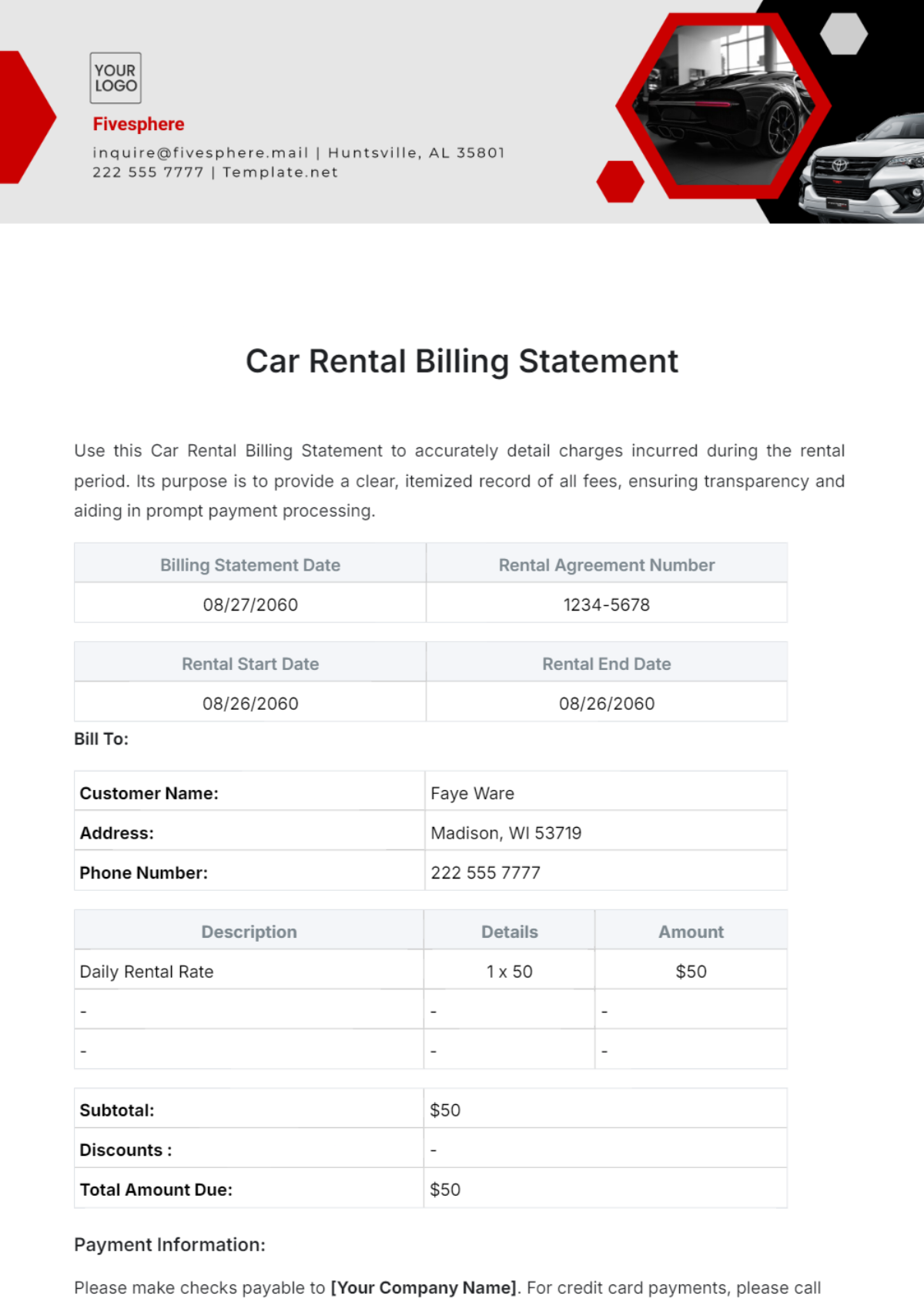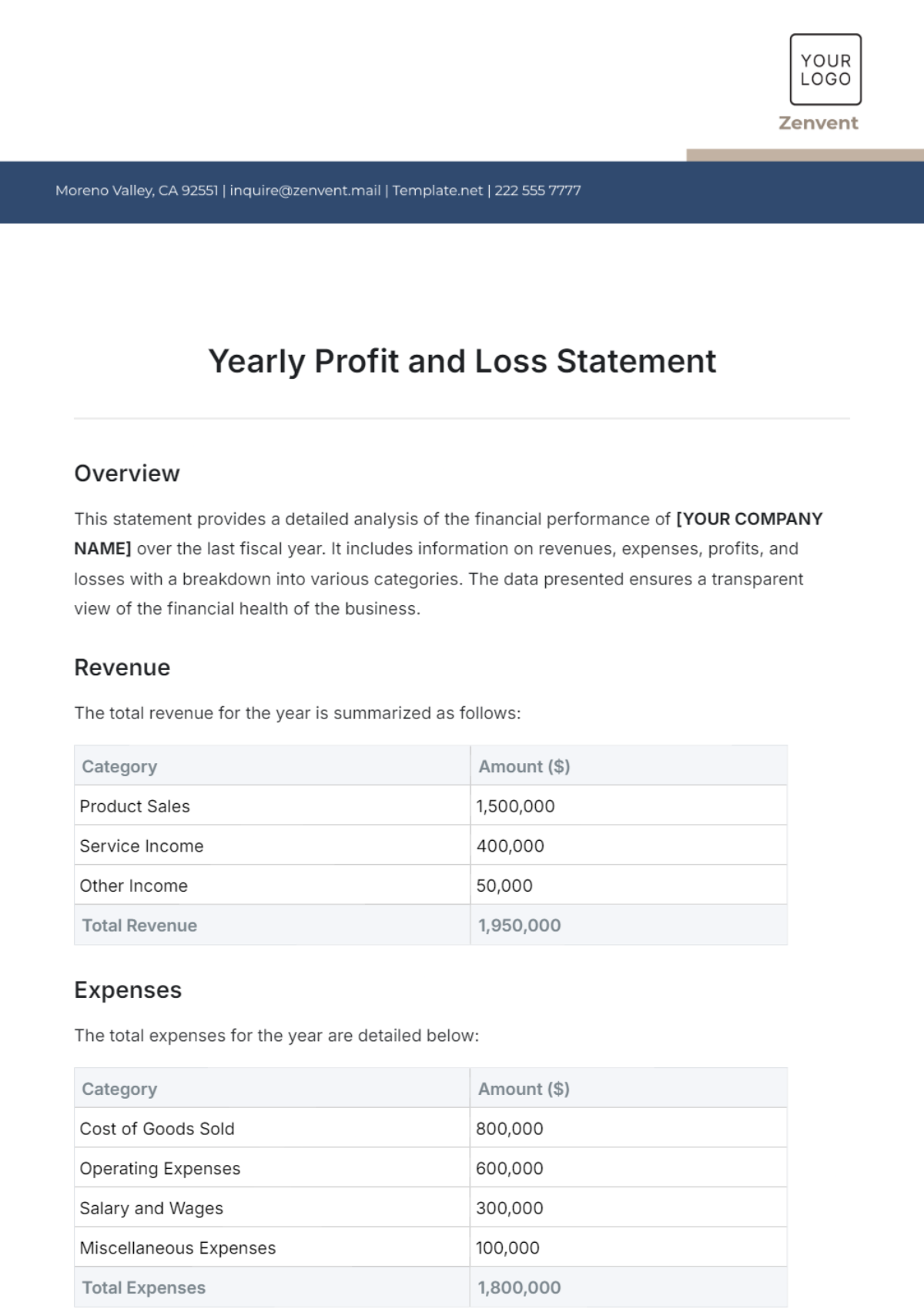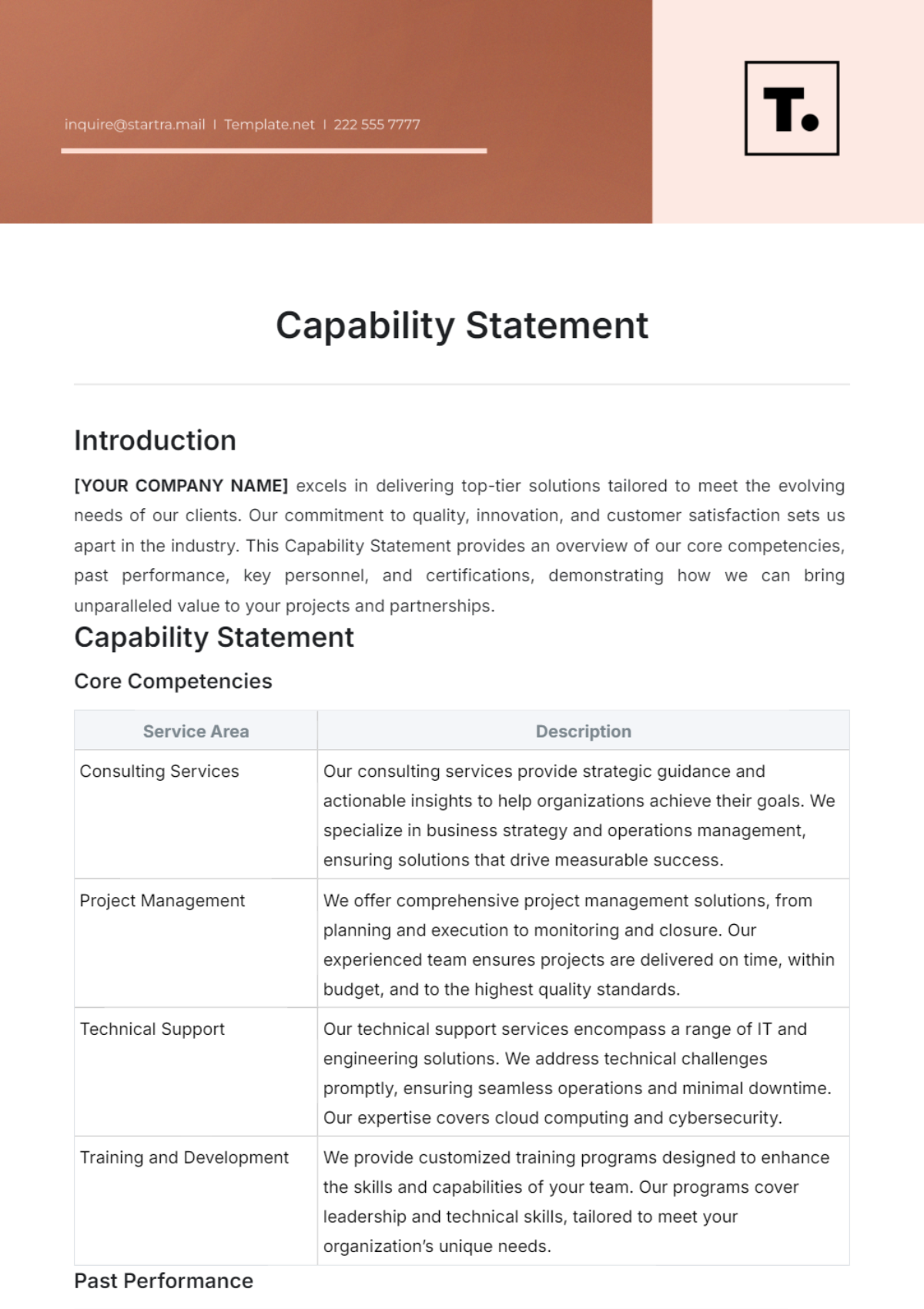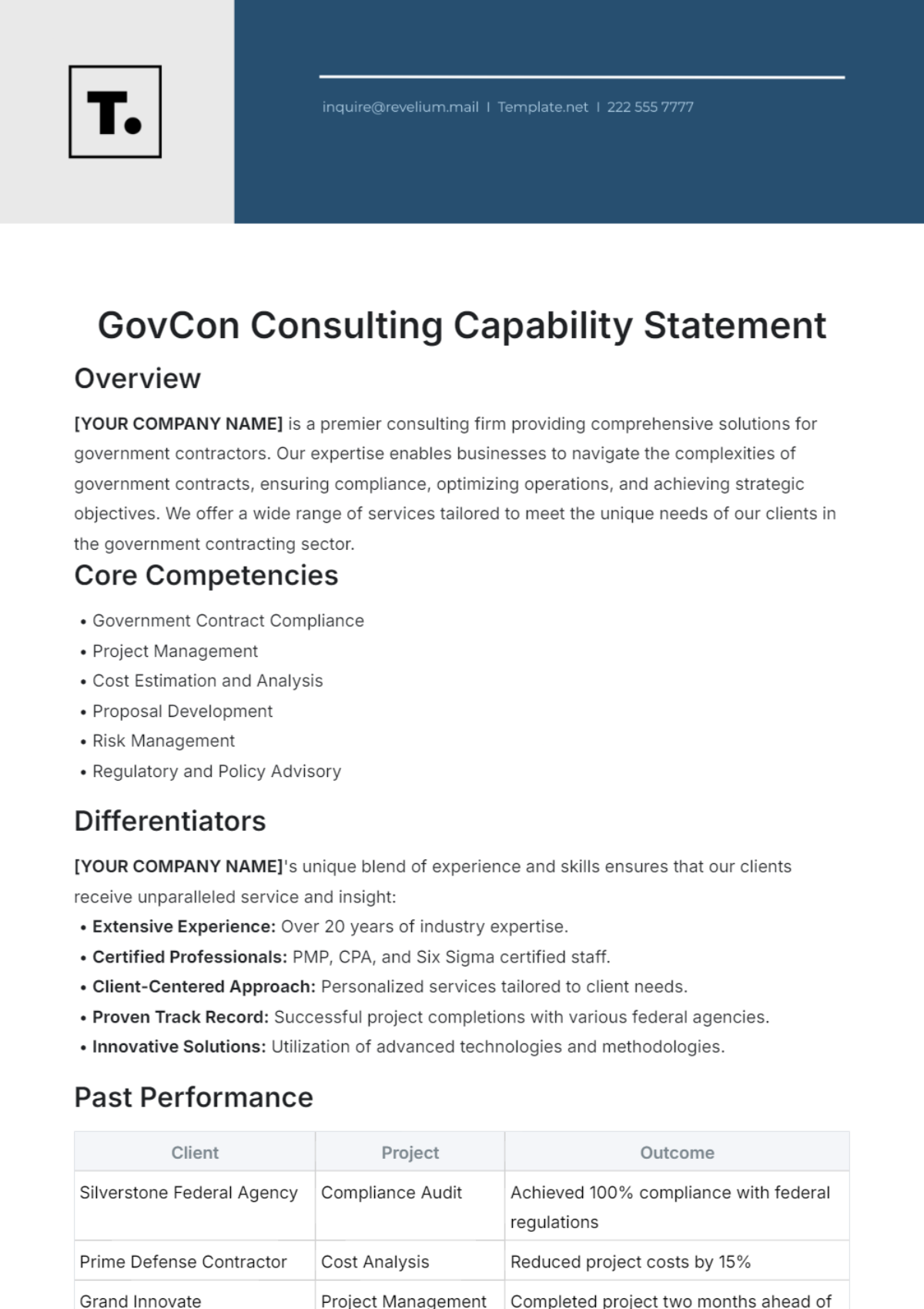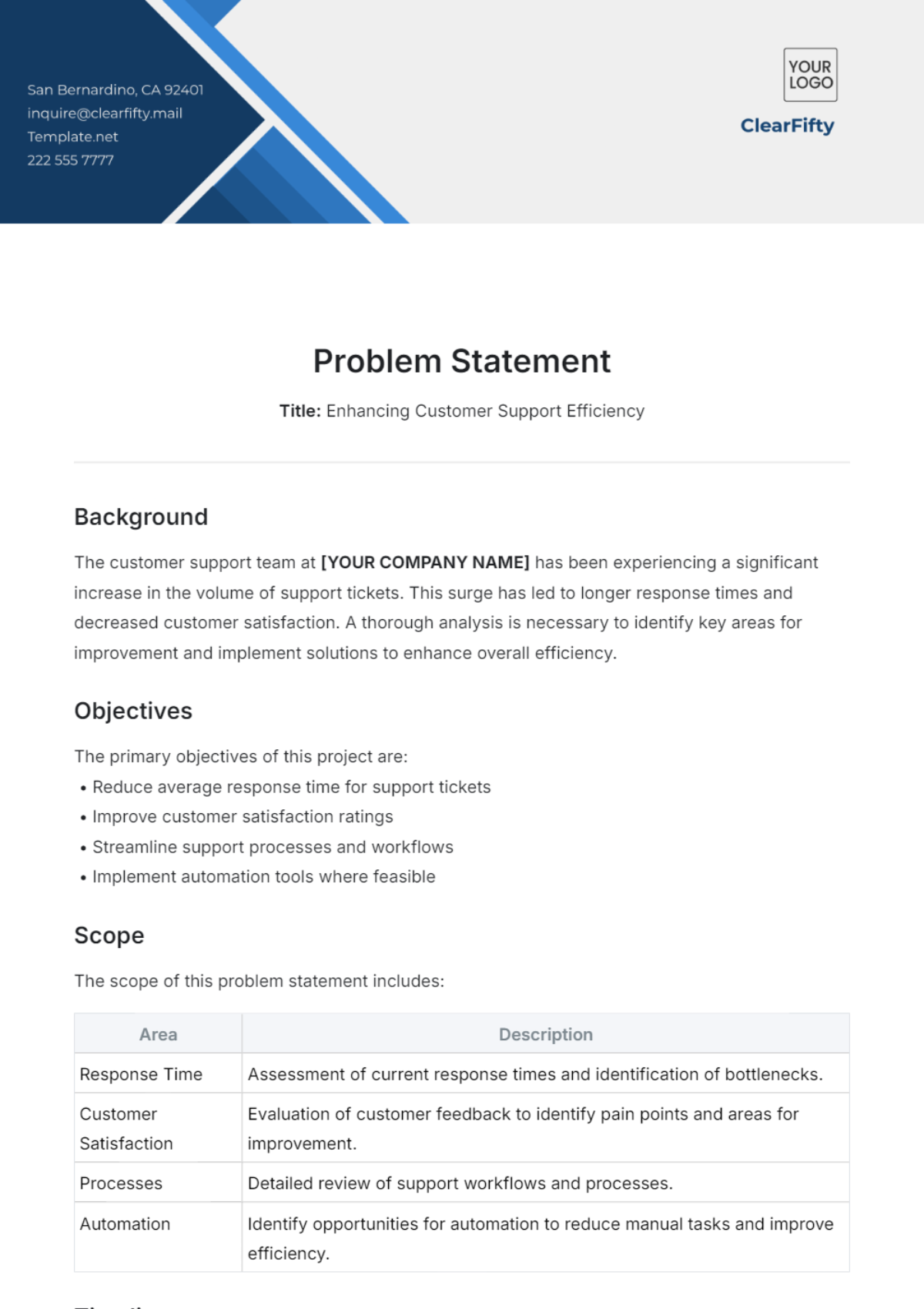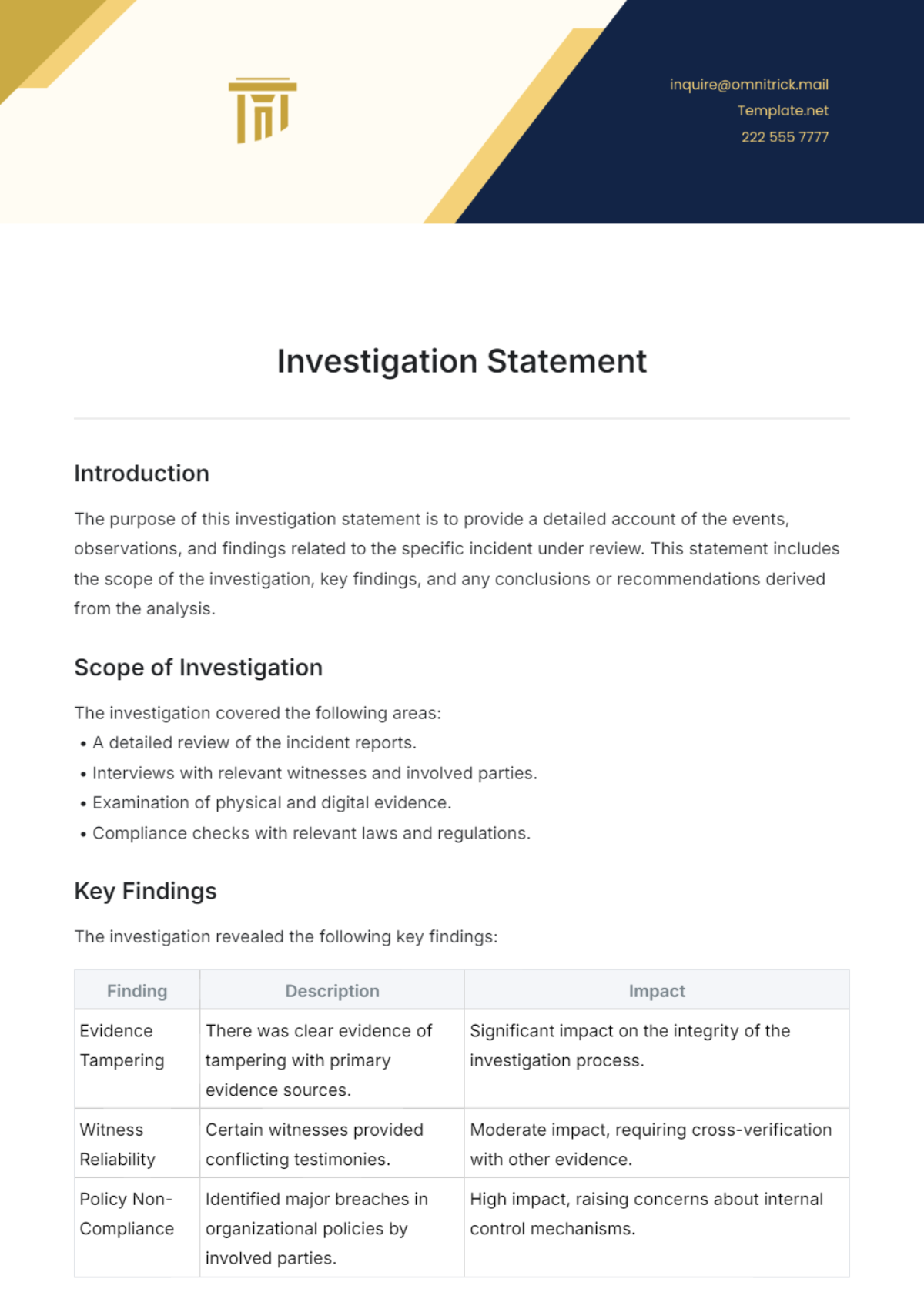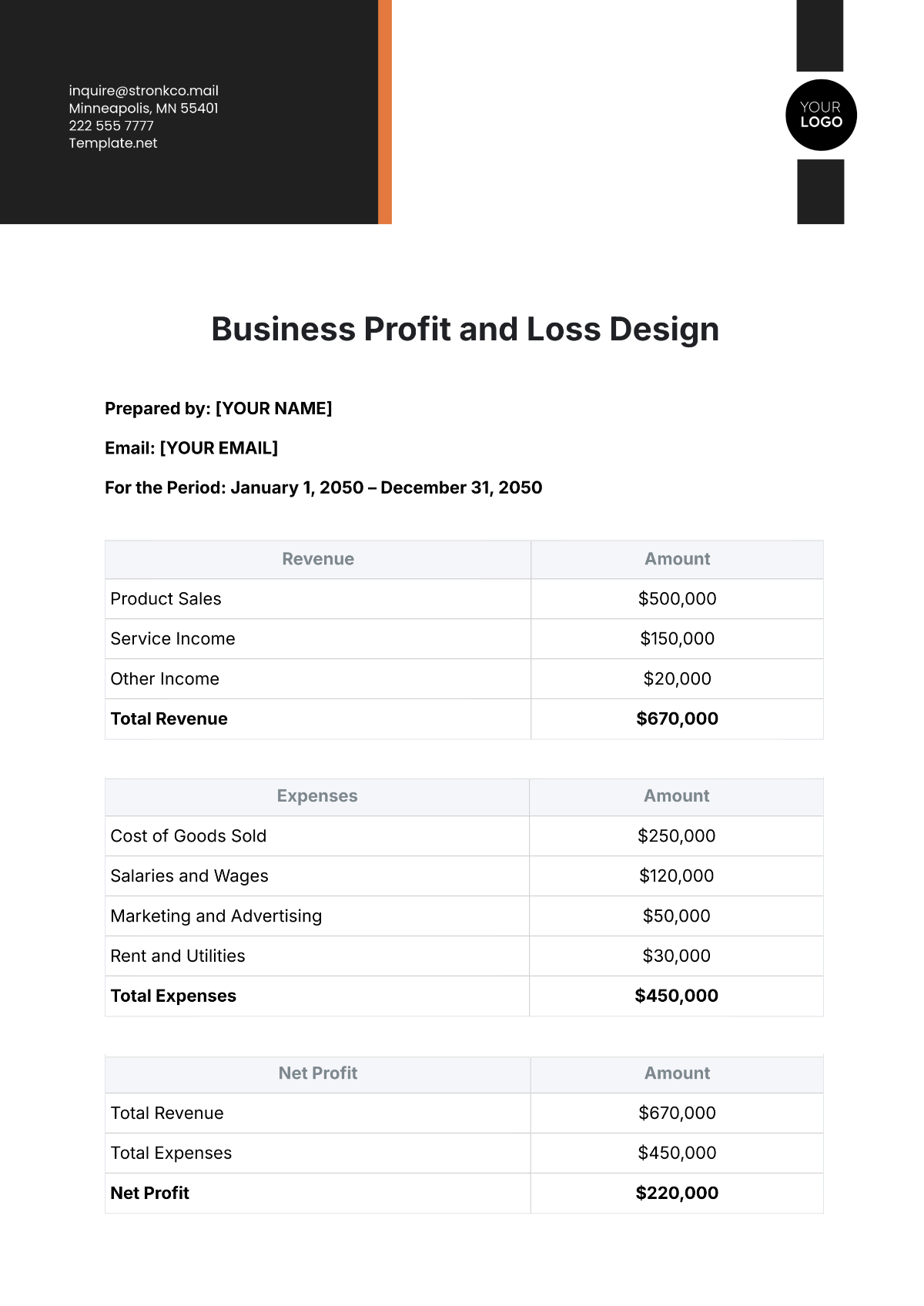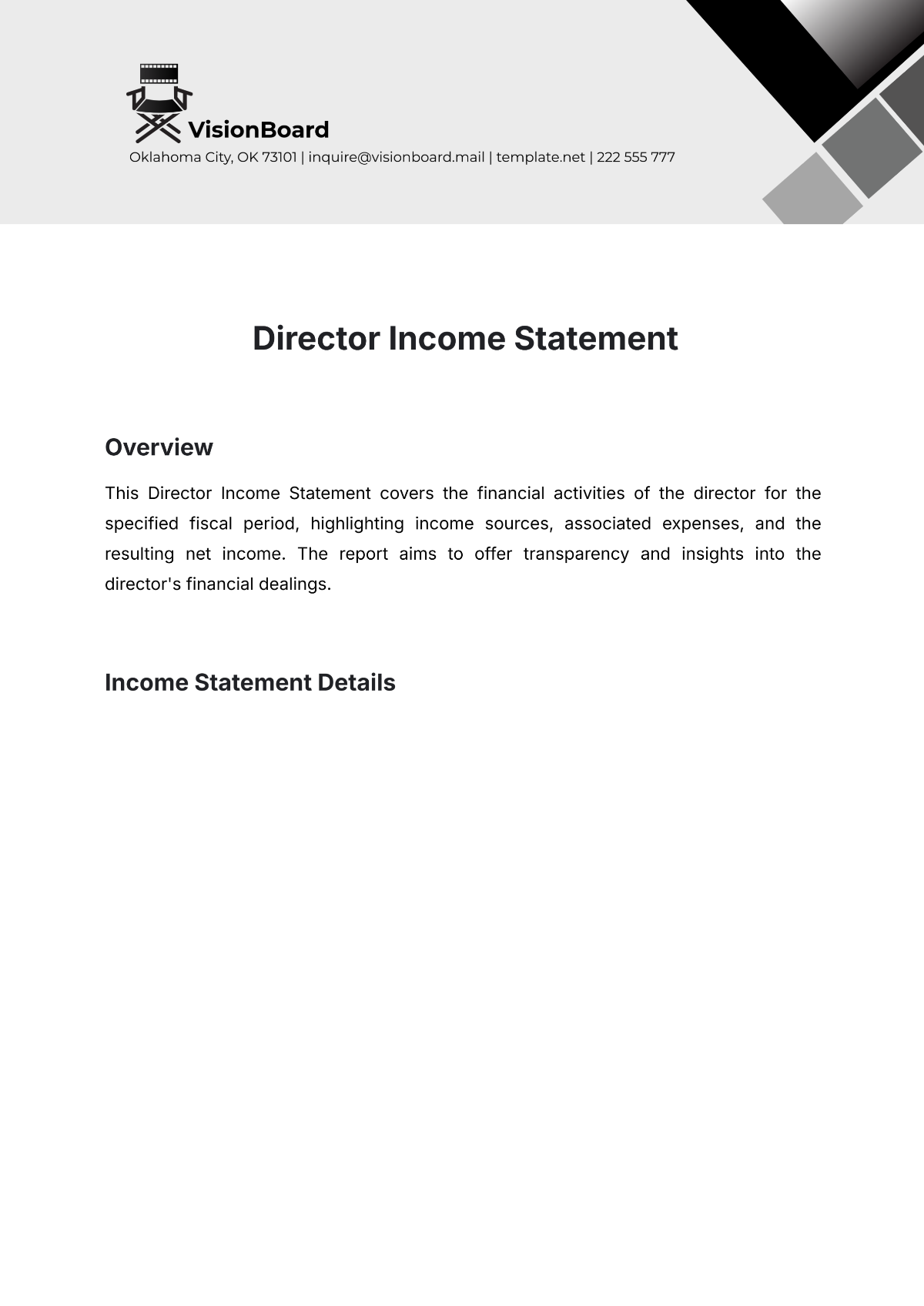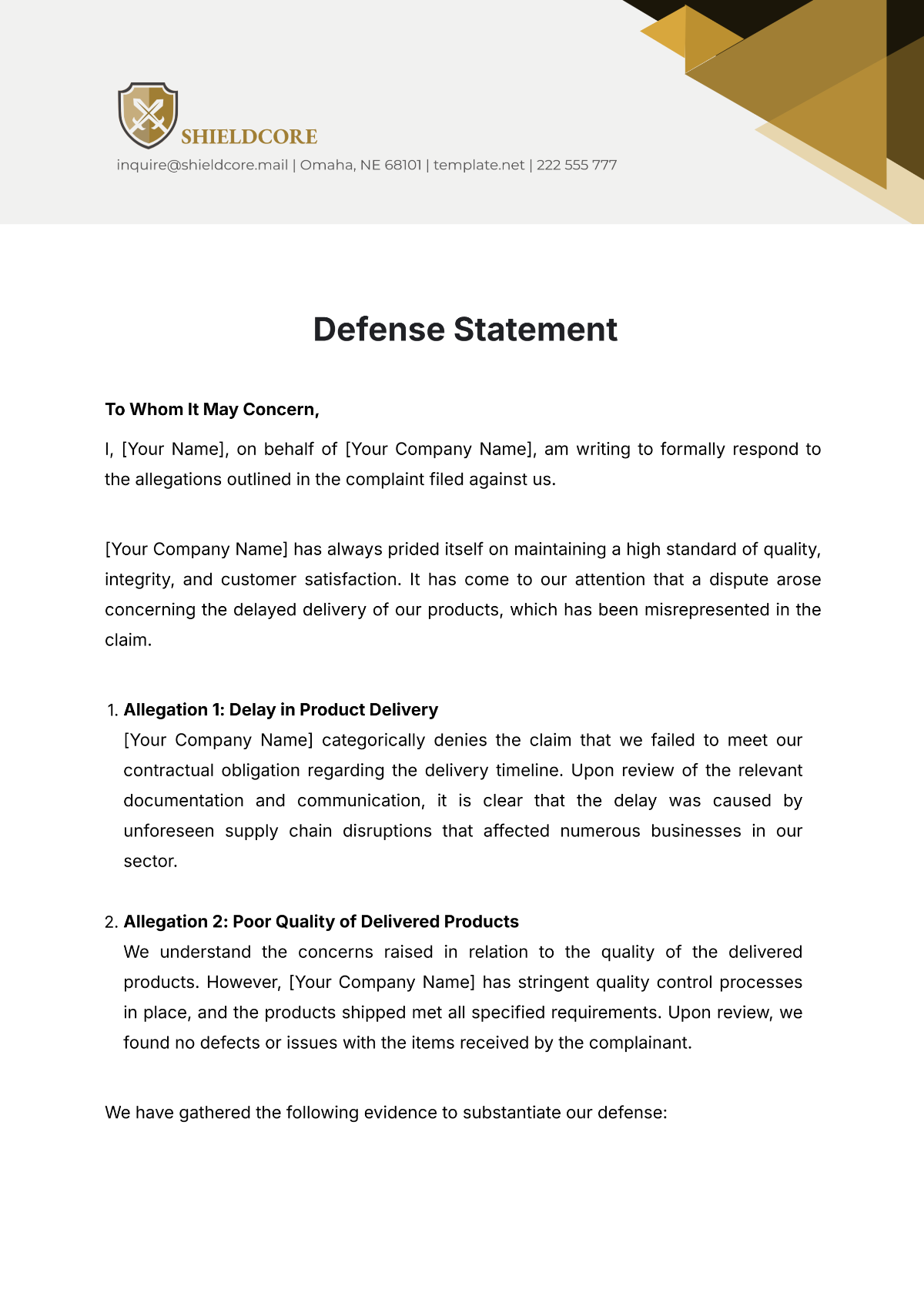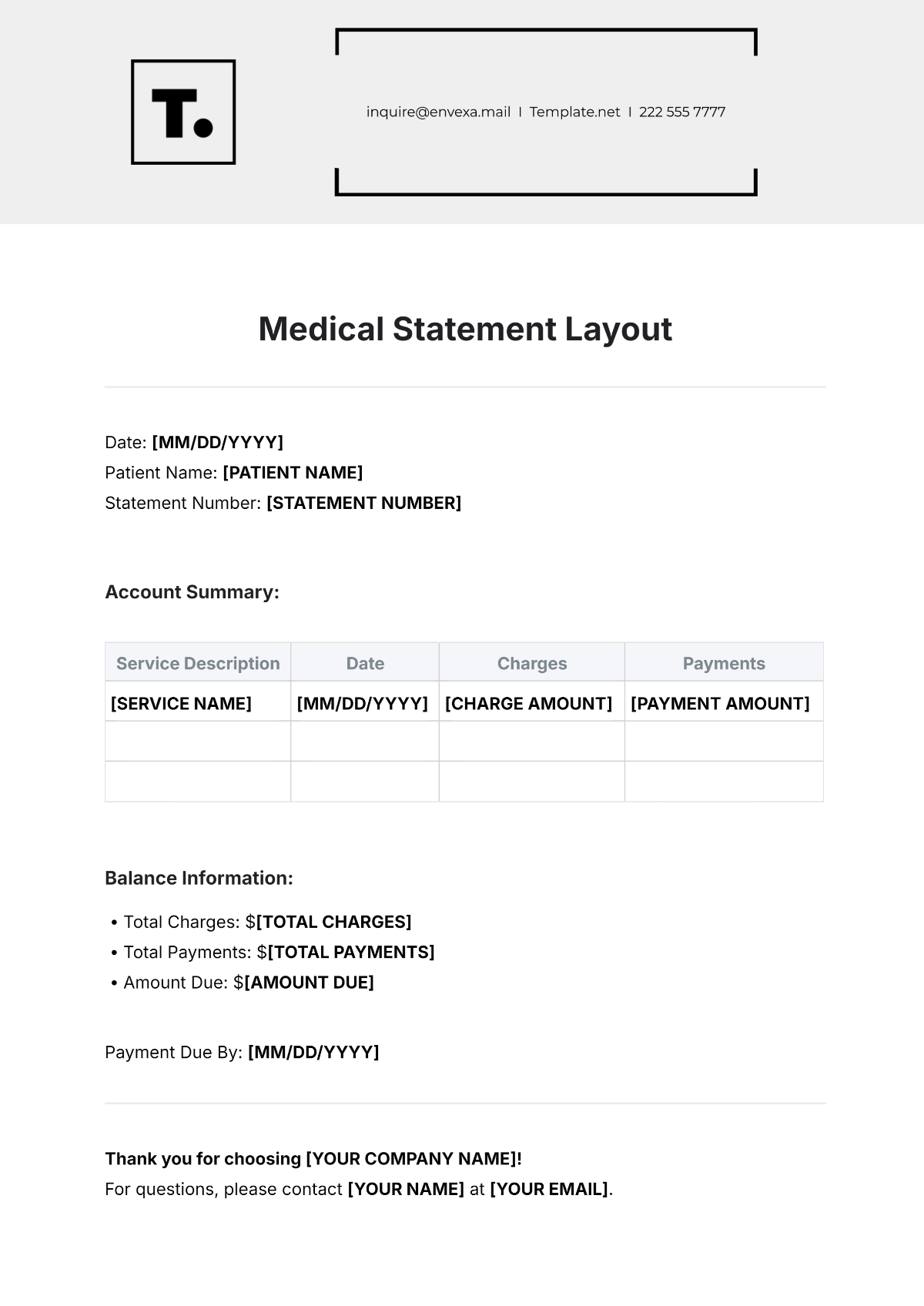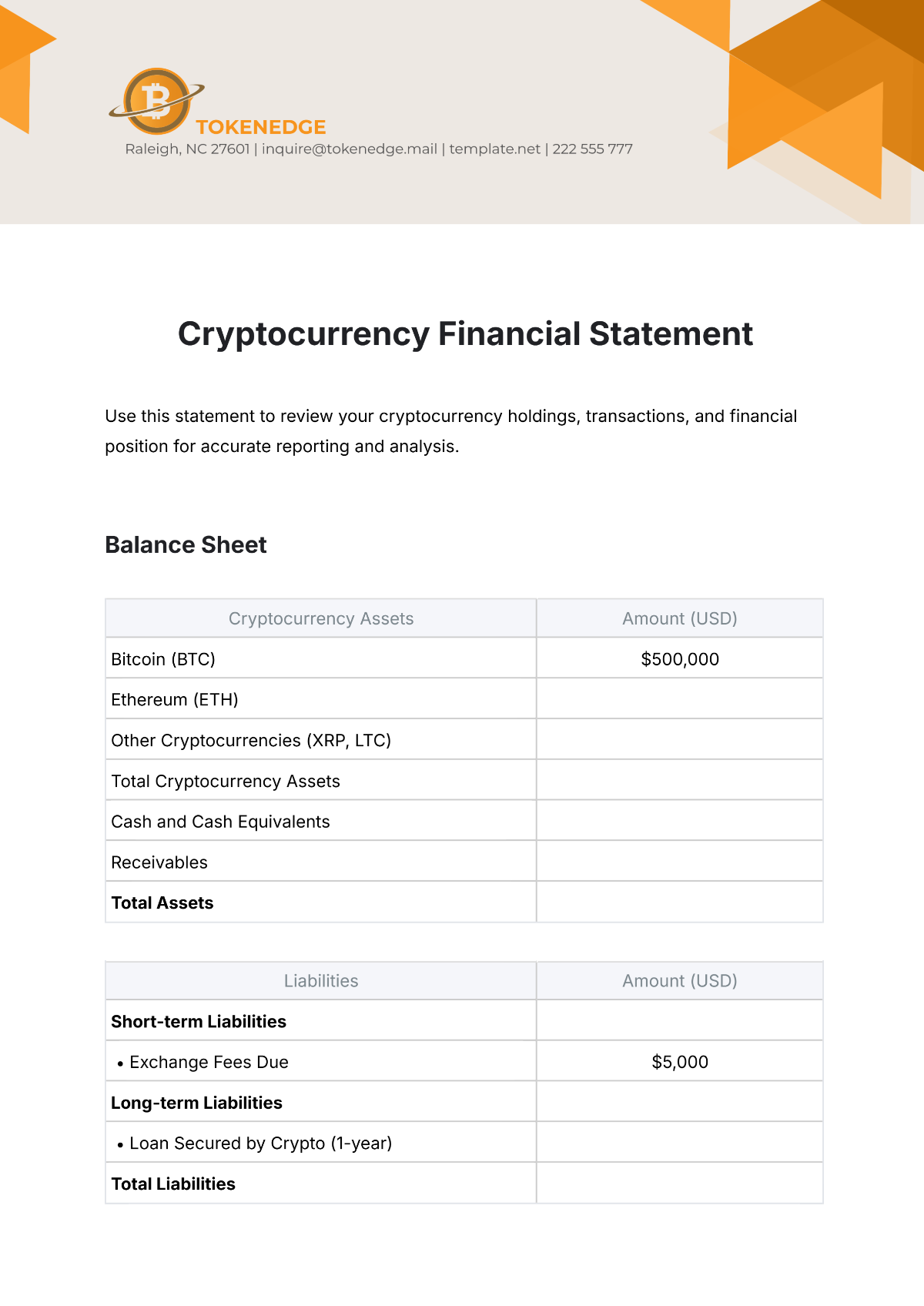Accounting Health Check Statement
Executive Summary
This Accounting Health Check Statement presents the internal audit team's findings at [Your Company Name], revealing areas of improvement in accounting practices, internal controls, and financial reporting. The assessment aims to fortify our financial processes, ensuring accurate and reliable financial information for strategic decision-making.
I. Financial Risk Assessment
A. Accounting Practices:
Objective:
The evaluation of accounting practices aimed to identify potential discrepancies, revealing instances where revenue transactions were inconsistently recorded across departments.
Findings:
The internal audit uncovered discrepancies in revenue recognition policies' application, leading to misclassifications in the financial statements.
Variances in the recognition of certain revenue streams raised concerns regarding consistency and adherence to accounting standards.
Recommendations:
To address these issues, we propose implementing a comprehensive training program for accounting staff, focusing on revenue recognition policies.
Additionally, we recommend the establishment of enhanced reconciliation procedures for revenue transactions to ensure accuracy and consistency.
B. Internal Controls:
Objective:
The assessment of internal controls identified weaknesses in segregation of duties related to cash handling and reconciliation processes, posing potential risks to financial integrity.
Findings:
The lack of segregation of duties in cash handling created opportunities for errors and fraudulent activities.
Insufficient documentation of the review and approval of significant financial transactions raised concerns about the reliability of internal controls.
Recommendations:
To mitigate these risks, we propose developing and implementing a segregation of duties policy, clearly defining roles and responsibilities.
Additionally, we recommend instituting a documented review and approval process for significant financial transactions to enhance accountability and control.
C. Financial Reporting:
Objective:
The objective was to ensure accurate and timely financial reporting by identifying challenges in consolidating financial data and discrepancies in reported balances.
Findings:
Delays in financial reporting were attributed to difficulties in consolidating data from various business units, impacting the timeliness of our financial disclosures.
Discrepancies between reported and actual financial data in the balance sheet raised concerns about the completeness and accuracy of our financial reporting.
Recommendations:
To address these challenges, we recommend developing a detailed financial reporting timeline, clearly outlining responsibilities and deadlines.
Additionally, we propose forming a cross-functional team to review and validate financial data before reporting, ensuring the accuracy and completeness of our financial statements.
II. Mitigation Strategies
A. Accounting Practices:
To enhance the understanding of revenue recognition policies, we recommend implementing a comprehensive training program for accounting staff, incorporating practical examples and case studies.
Establishing a periodic review process for revenue transactions will involve regular cross-functional meetings to identify and rectify errors promptly.
B. Internal Controls:
The segregation of duties policy should be communicated organization-wide through training sessions, emphasizing the importance of maintaining strong internal controls.
Instituting a regular internal control assessment process will involve quarterly reviews to identify and address weaknesses promptly, with results reported to senior management.
C. Financial Reporting:
The detailed financial reporting timeline will be developed in collaboration with relevant departments, ensuring that responsibilities are clearly defined and understood.
The cross-functional team for financial data review will comprise representatives from finance, operations, and compliance, fostering collaboration and diversity of expertise.
III. Action Plan
A. Short-Term Actions:
The training session on revenue recognition policies will be scheduled within the next month, with interactive elements to engage accounting staff effectively.
Immediate corrective actions for critical internal control weaknesses will involve assigning dedicated resources to address and rectify identified issues promptly.
B. Long-Term Actions:
The continuous improvement plan for accounting practices will span the next six months, incorporating feedback loops to adapt to changing accounting standards and industry best practices.
Periodic reassessments of internal controls will be scheduled biannually, aligning with the organization's strategic planning cycle to ensure ongoing resilience against emerging financial risks.
Conclusion
This Accounting Health Check Statement provides a roadmap for [Your Company Name] to fortify its financial health. By implementing these recommendations and action plans, we are committed to ensuring the accuracy, reliability, and timeliness of our financial information, contributing to the overall success and sustainability of the organization.
